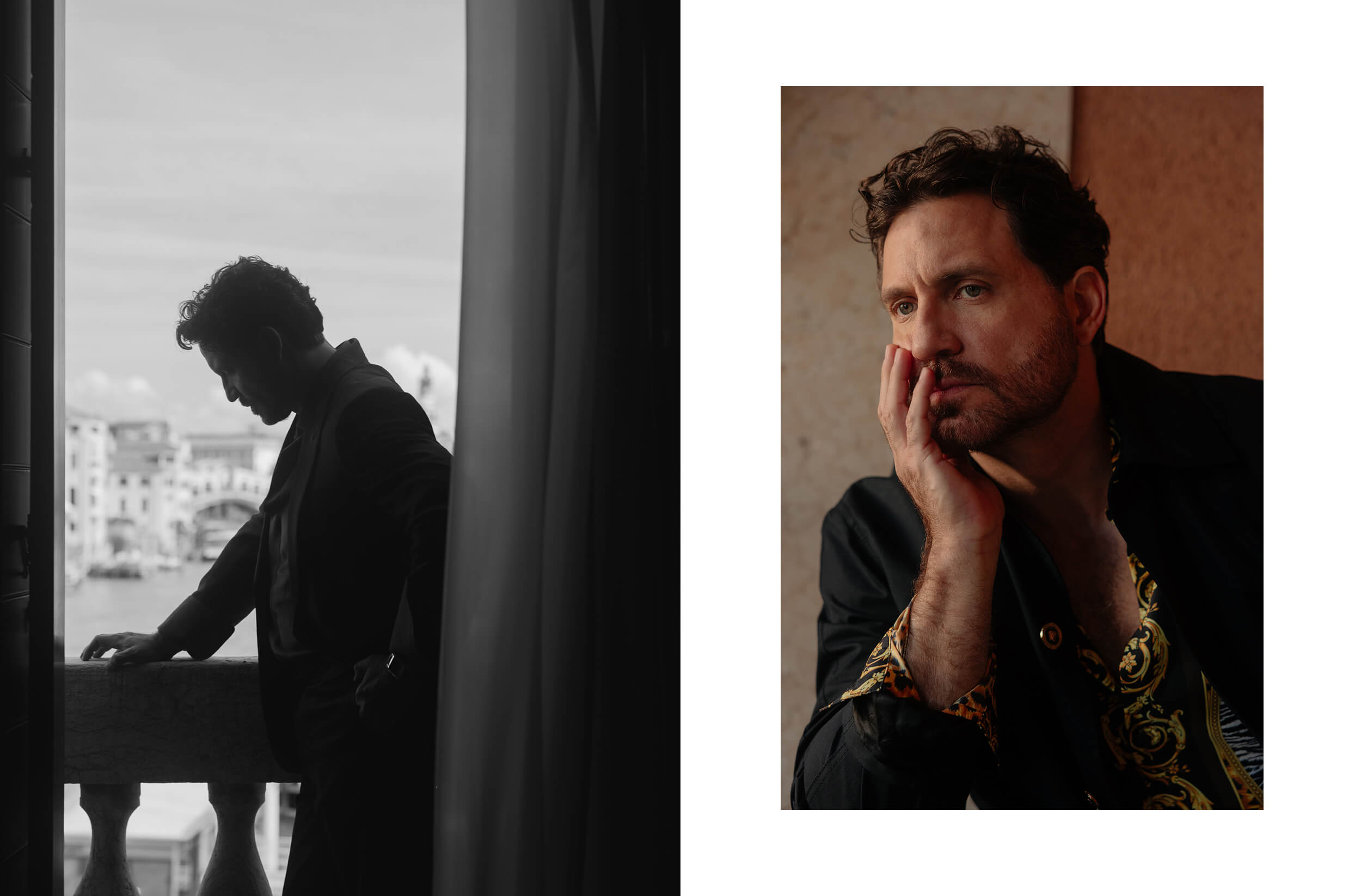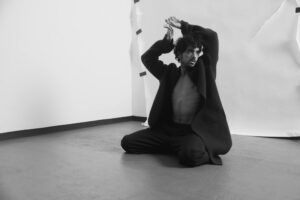Music everywhere – slipping through the curtains, winding its way between us.
History behind us, around us, within us.
Emotions meeting halfway, ears ready to listen, minds open to understand, hearts with no way out but to sway to the beat of words and let themselves be moved.
Water surrounds us – Venice never betrays herself.
This time she appears, just for us, as a co-protagonist: she reminds us, embraces us, lets us imagine a past that seems to have done nothing but layer itself, over and over, only to be here with us now.
That day we met Edgar Ramirez was a truly special one. Not only because we found ourselves in a place steeped in history and beauty, but because certain strings were touched – strings not only musical, but belonging to us all. With Edgar, I truly spoke about everything: from the premiere of his new film at the Venice Film Festival, his first as a producer, “It Will Be Night in Caracas”, to all that moved us about that film and about that day together.
For our November Cover Story, we spoke of freedom, of the importance of making a universal story, of small acts of dignity, and of how this film became for him a way to heal a wound.
I can’t quite explain what happened that day, but the emotion still lingers. Even now, as I write these words, I’m reminded of how we humans are all bound by an invisible thread—woven of experience, empathy, and pain.
Sometimes pain shatters us from within, scattering the pieces beyond repair; yet sometimes, it’s what binds us to another soul, making us whole, even if just for a moment. Isn’t that strange?
And that is why, for me – for us – that day will always remain an encounter.
An encounter of souls and of hands that understand each other, of emotions that are felt without ever needing to be spoken.
E: I love music, especially in photo shoots. For me, a photo shoot is a creative exercise. I can integrate with the environment and the music always helps me to get into a mood, to create an atmosphere that makes the whole process much easier.
We always put some music on when shooting, but we saw you did it for yourself, so that was just perfect. It was very emotional. I saw “It Will Be Night in Caracas” last night and it was really amazing, I loved it. How did you meet with this project?
A friend of mine, Leopoldo Gout, who’s also a producer and an artist, first told me about the project. He said, “There’s this novel by a Venezuelan writer, Karina Sainz Borgo, and it’s a sensation.” He told me it had been translated on manuscript into twenty languages, which almost never happens with a first novel. It was a remarkable achievement – a contemporary Spanish-language book reaching that level of international attention. Leopoldo said, “I think this is a great story. It speaks about Venezuela, but in a very human, very specific way. It’s not a political story, it’s a human one.”
At that time, I had just been exiled from Venezuela for being outspoken against the regime. I’m just one of hundreds of thousands who have stood up to the dictatorship. I had been banned from my own country, and I was devastated. I was privileged, I already had an international career, I was working abroad, but Venezuela was home. It’s where I lived, where I changed clothes between trips. And suddenly, I couldn’t go back.
I was hurt and angry, and I didn’t know if I was emotionally ready to tell a story about Venezuela. Honestly, I didn’t run to read the book right away. But later, another close friend – Diego Arroyo Gil, a brilliant writer- told me, “That’s one of the best novels ever written by a Venezuelan. You have to read it. You’re already late.” So, I read it. Usually, I read slowly, I have ADHD and get distracted easily, but that one I finished in less than two days. When I did, I panicked and thought, “I need to talk to the author. I need to make this movie”
When I finally met Karina, it felt like we had known each other forever. I didn’t want her to trust me with the rights just because I was Venezuelan, but because my producing partners and I had a clear vision of how to tell the story in a way that transcended politics and spoke to something universal.
I’ve always believed in the importance of historical perspective, and I sensed that one day there would be a story that would allow me to talk about my wound as a Venezuelan, not politically, but humanly.
If the film becomes political, as art inevitably does, that’s another story. My intention was never political. I wanted it to speak about the victims, about their dignity, about identity, about the deconstruction of memory, and about pain in its most universal form.
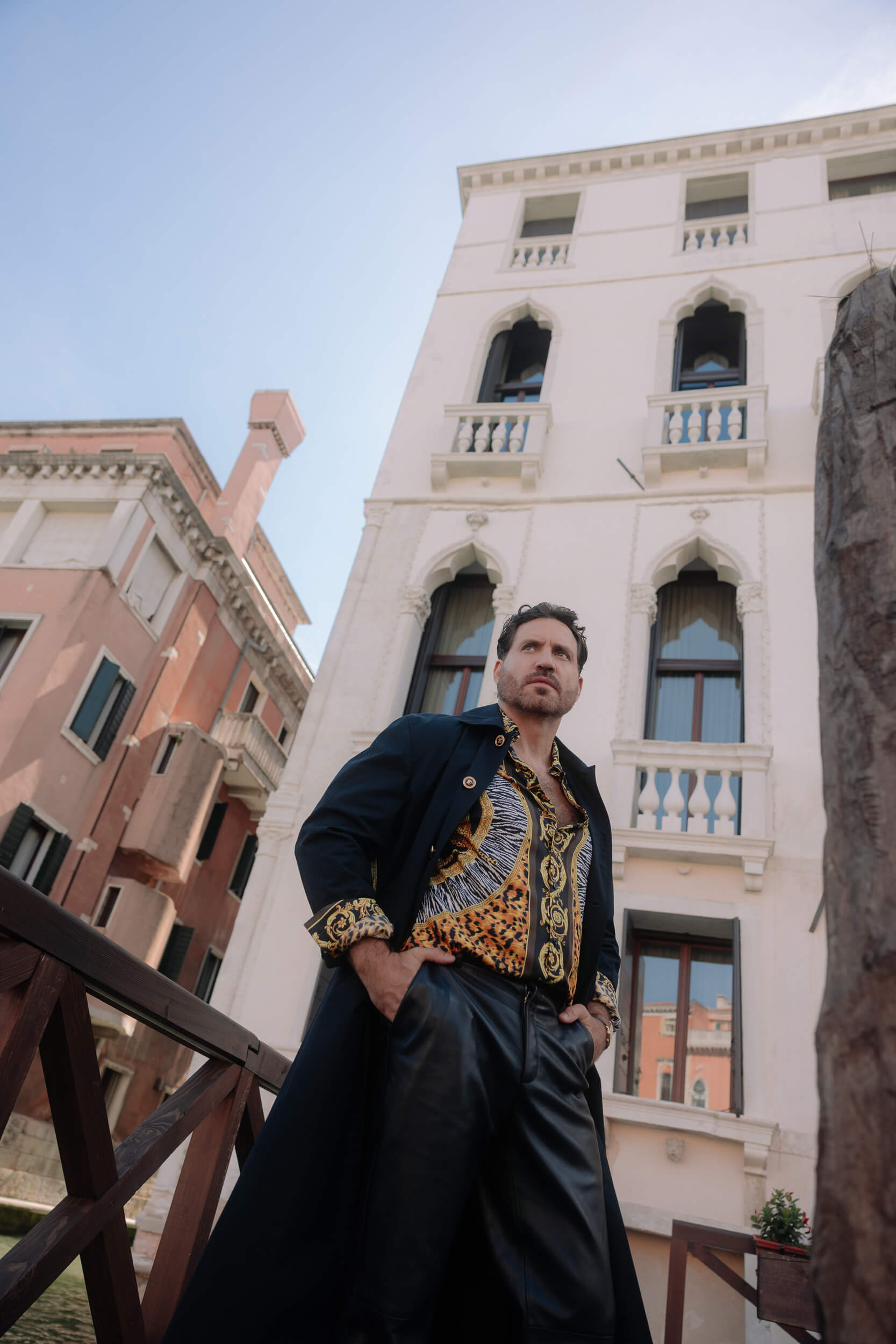
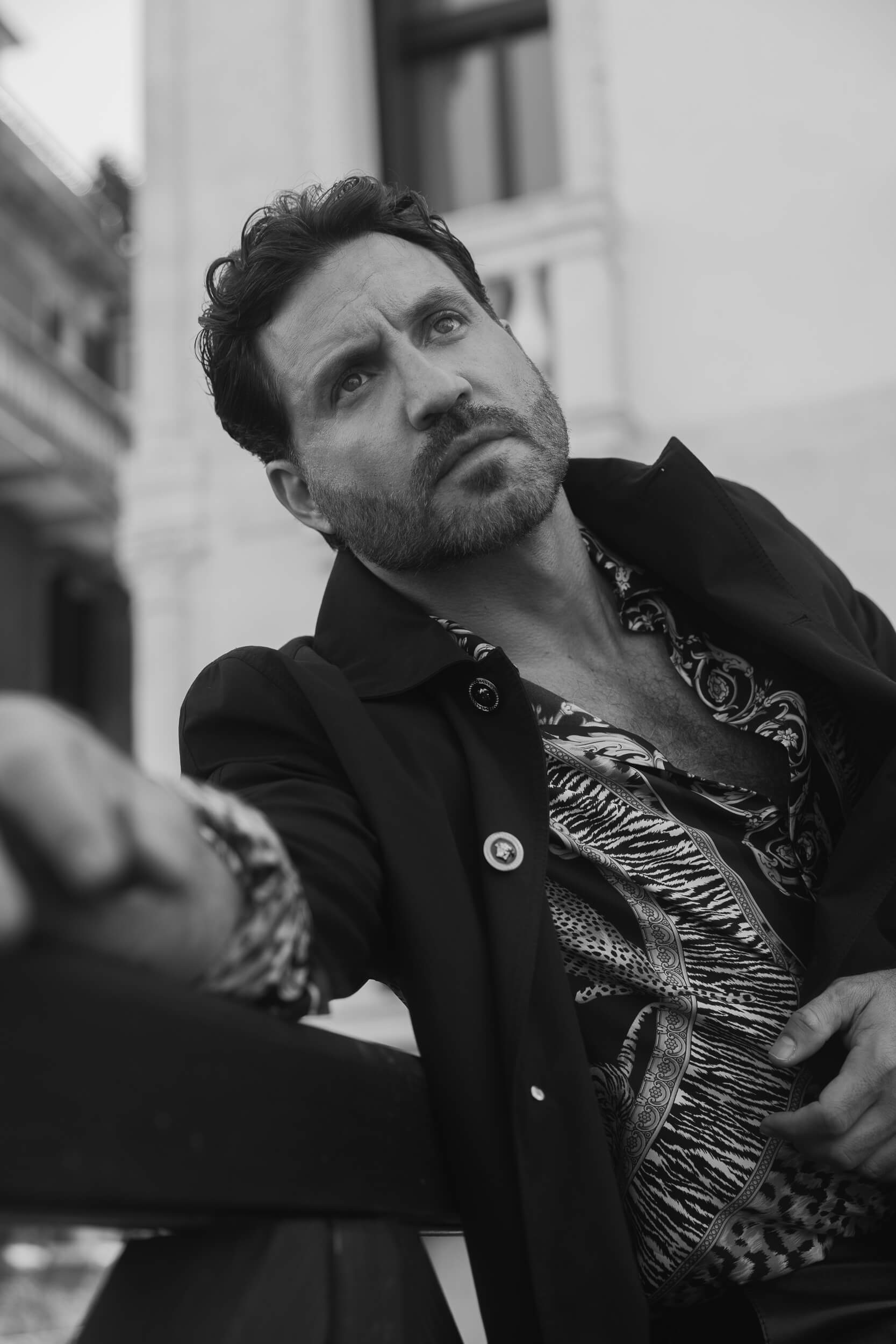
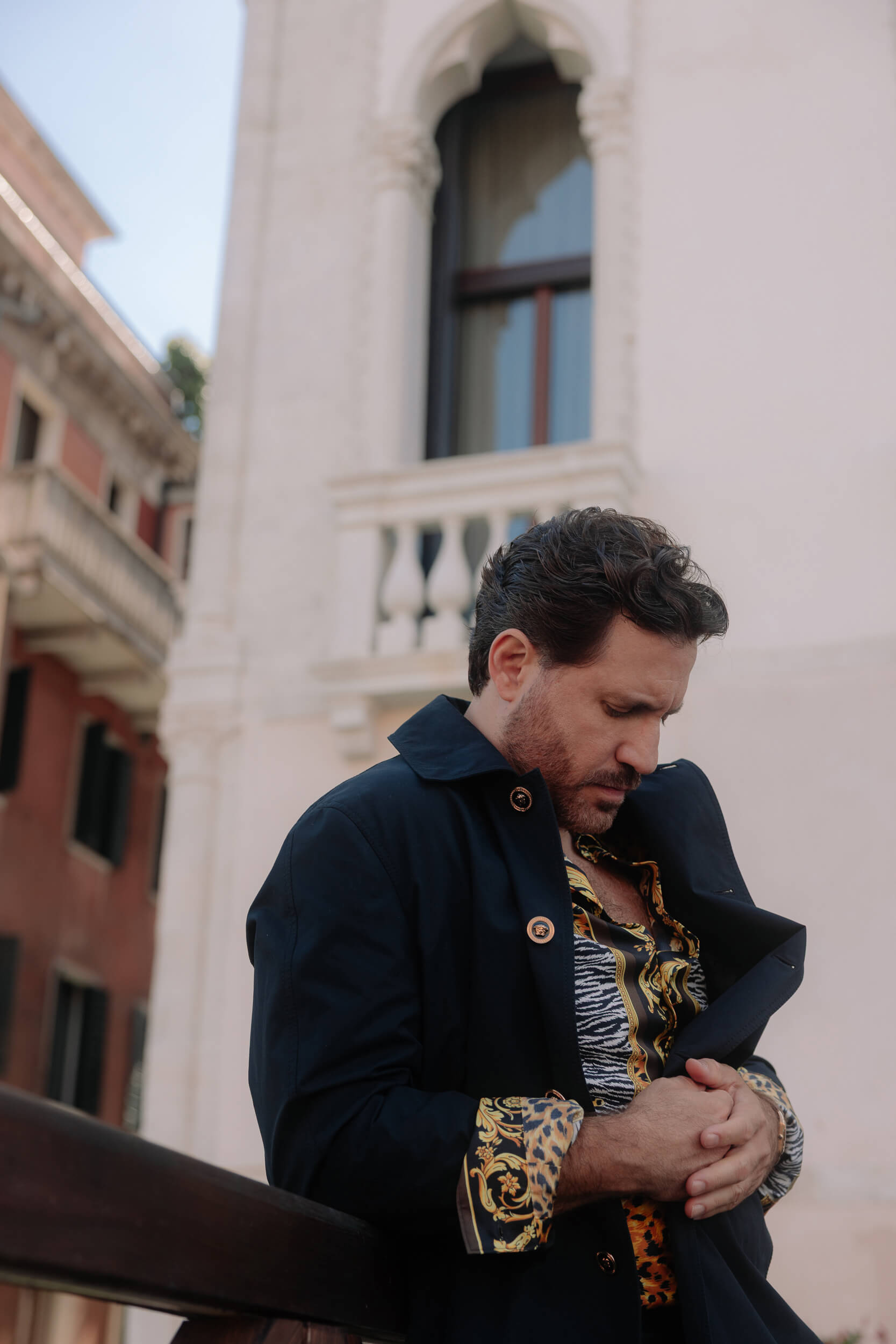
IR: At the beginning of the movie, there’s the funeral of Adelaida’s mother. What stayed with me was that even in this moment, this tragic and intimate thing couldn’t have the dignity that it deserved. So, even death is no longer a safe space. And how did you depict all these aspects?
E: That’s what happens with totalitarianism – it dismantles everything, it robs you of everything, even of the dignity to mourn your dead. That’s what happens when suddenly the world as you knew it starts to disintegrate in front of your eyes. And that’s what Adelaida goes through, not even having the space to mourn her mother.
That’s what those regimes do, that’s what totalitarianism is about: an all-encompassing hunger. It’s about consuming every tester, every silence. It’s in the word, it’s total, every aspect of your life is invaded, profaned. It’s an assault to every aspect of your life, even grief, even death.
And what I think this movie depicts is the little acts of resistance and the little acts of dignity that still survive in all of us.
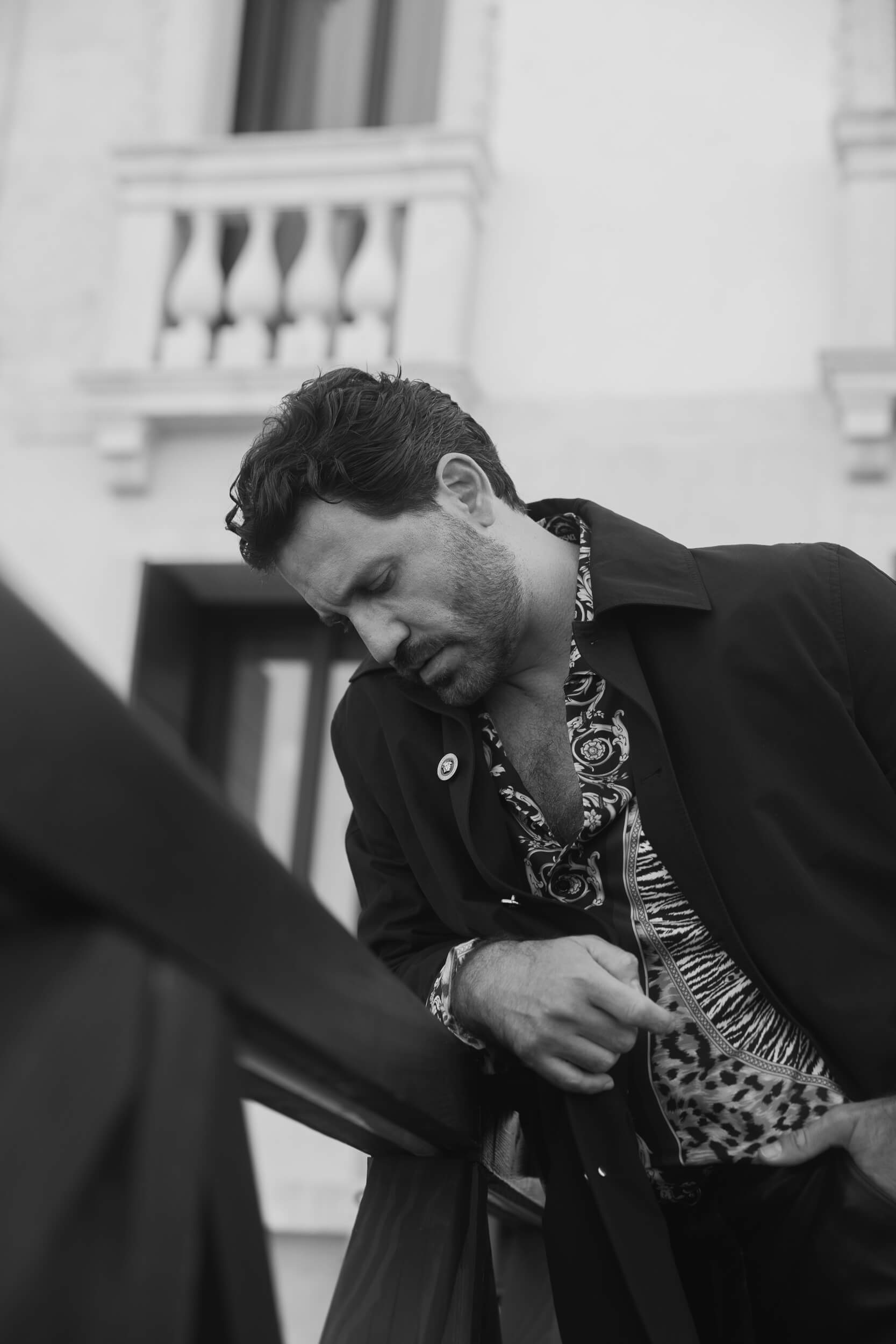
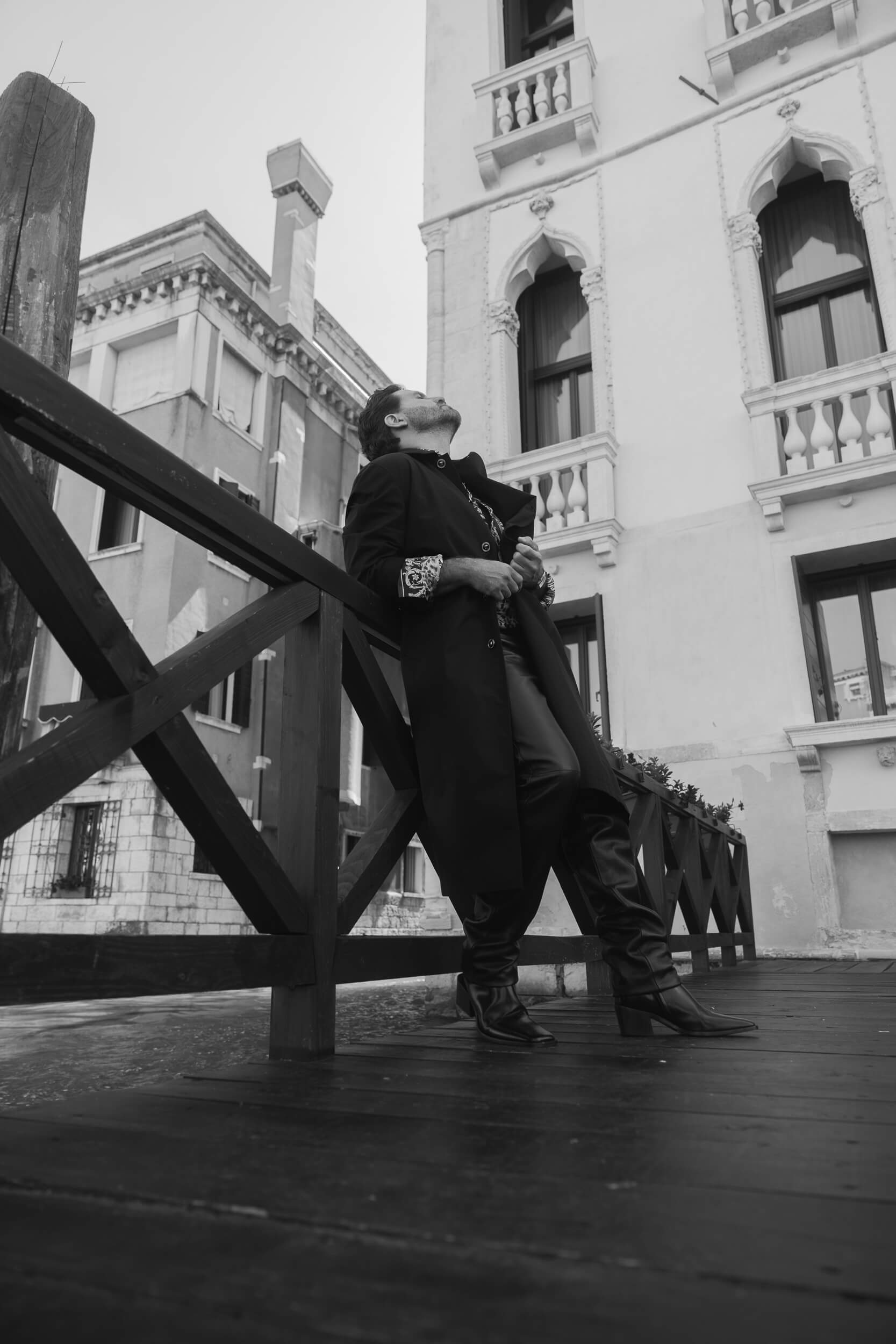
“That’s what totalitarianism is about: an all-encompassing hunger.”
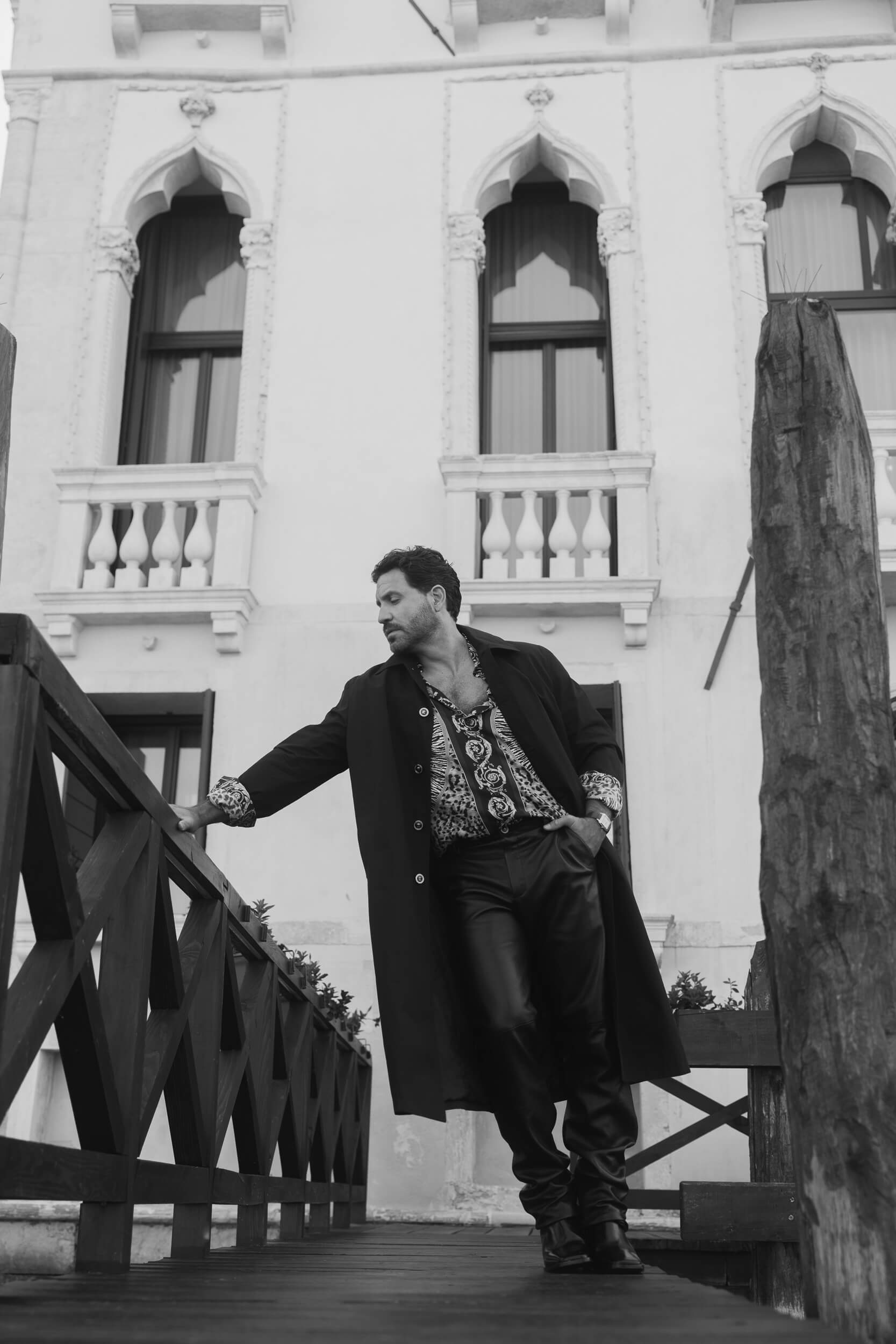
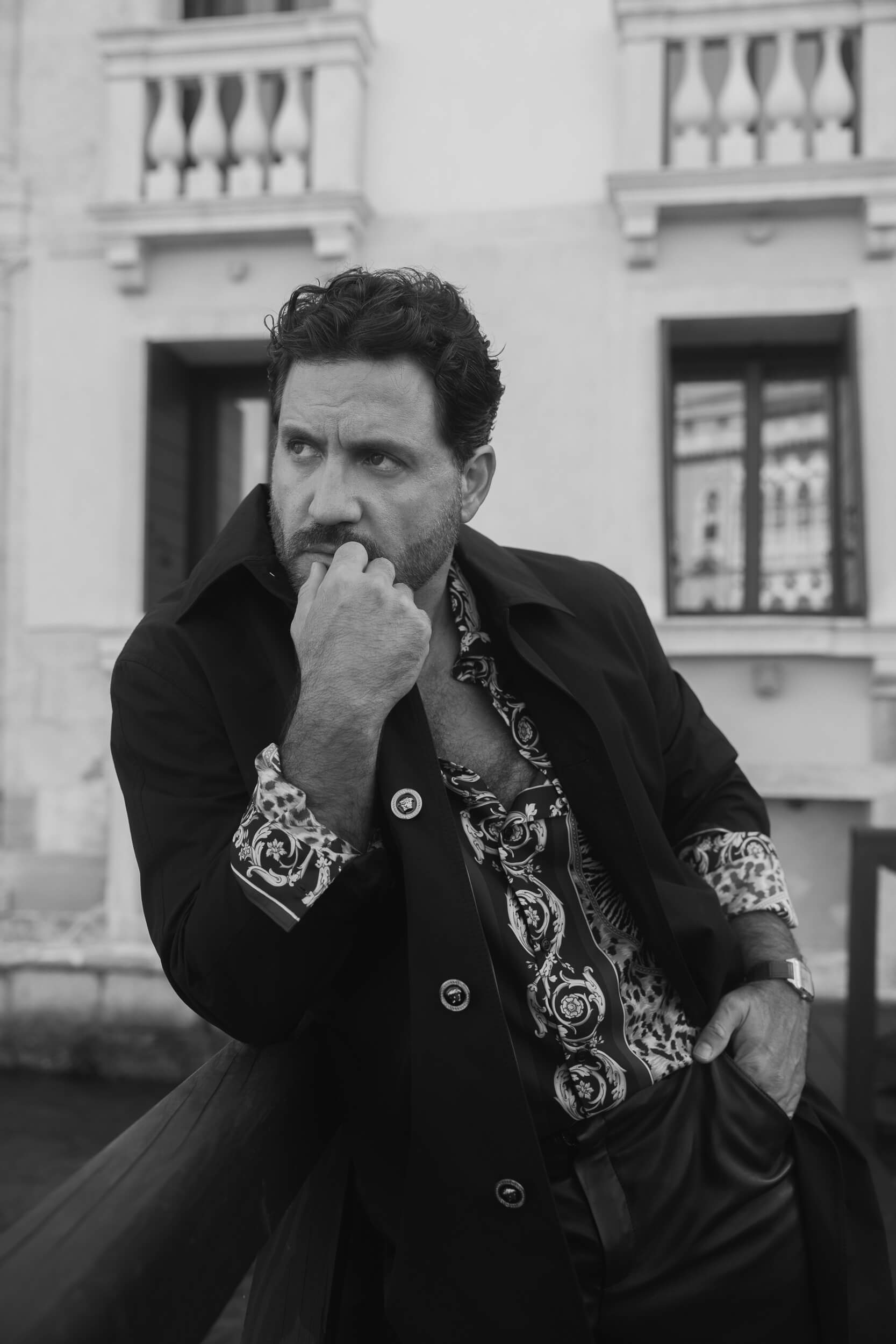
IR: One of the first things I noticed was the deliberate use of noise. The noise of violence is ever-present—in the sounds of war, in the gunshots, in the auditory landscape of the war scenes. Yet there are also these flashbacks with Adelaida as a young girl, her mother dancing, accompanied by music. The contrast is striking. How important was it for you to convey all these feelings, all this terror through the sound?
E: The writers and directors of our film, Mariana Rondon and Marité Ugás, are amazing filmmakers and they have a very beautiful constraint in the way they direct – they’re not sentimental, they’re very emotional.
The thing is that in totalitarian regimes, like in Venezuela, the conflict has different levels of intensity, so it’s hard for people to understand why the Venezuelan dictatorship has been so ravaging in the absence of a conventional civil war. You can see that in the movie how in certain hours the battle is happening, citizens get crushed and oppressed by the regime forces and their militias, and in other hours people can go to sleep and regroup, and they can go out, buy some food, and come back again to protect themselves. I think the movie depicts that maddening dynamic very effectively in its use of sound. The sound allows you to have those moments of explosion and moments of tense silence.
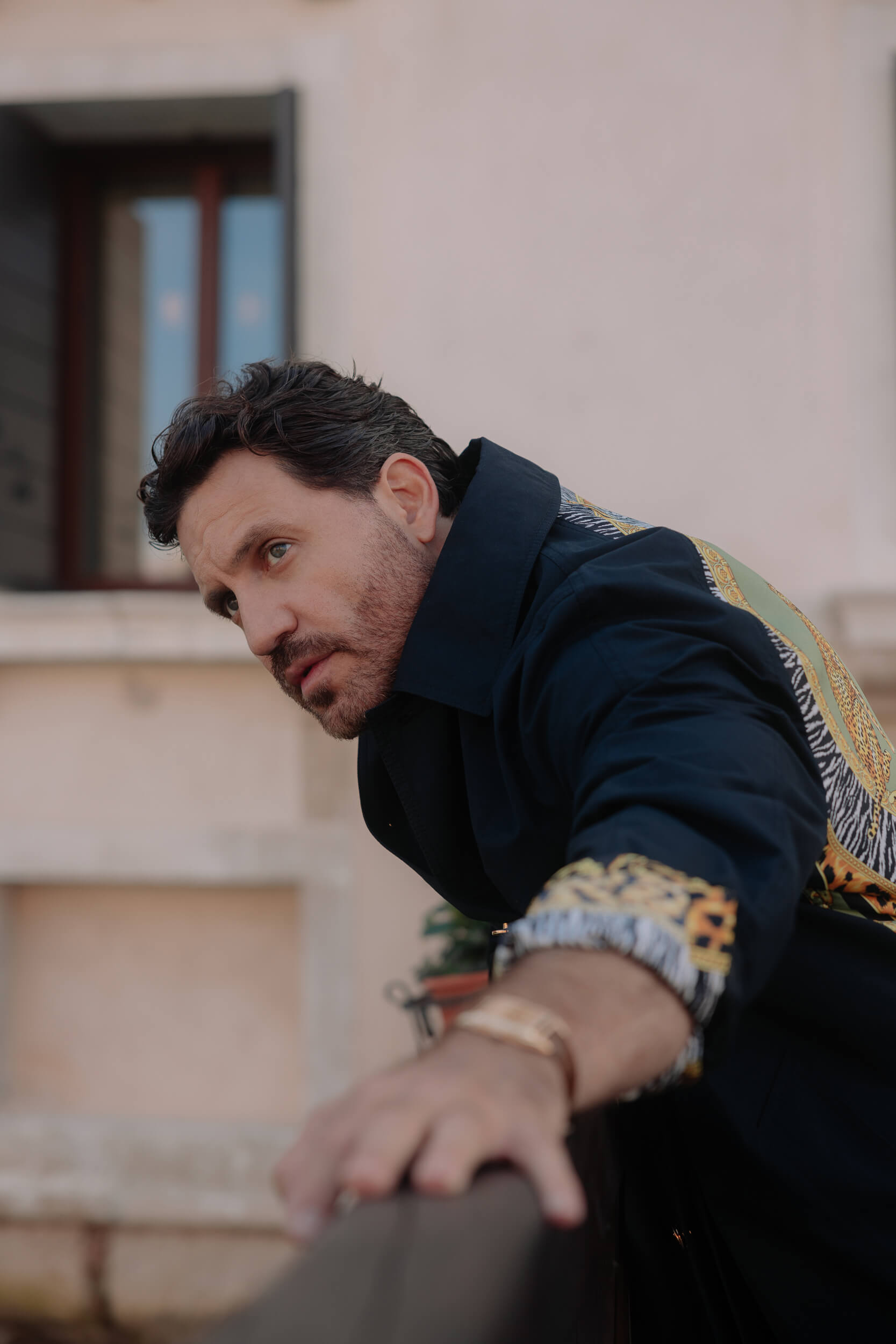
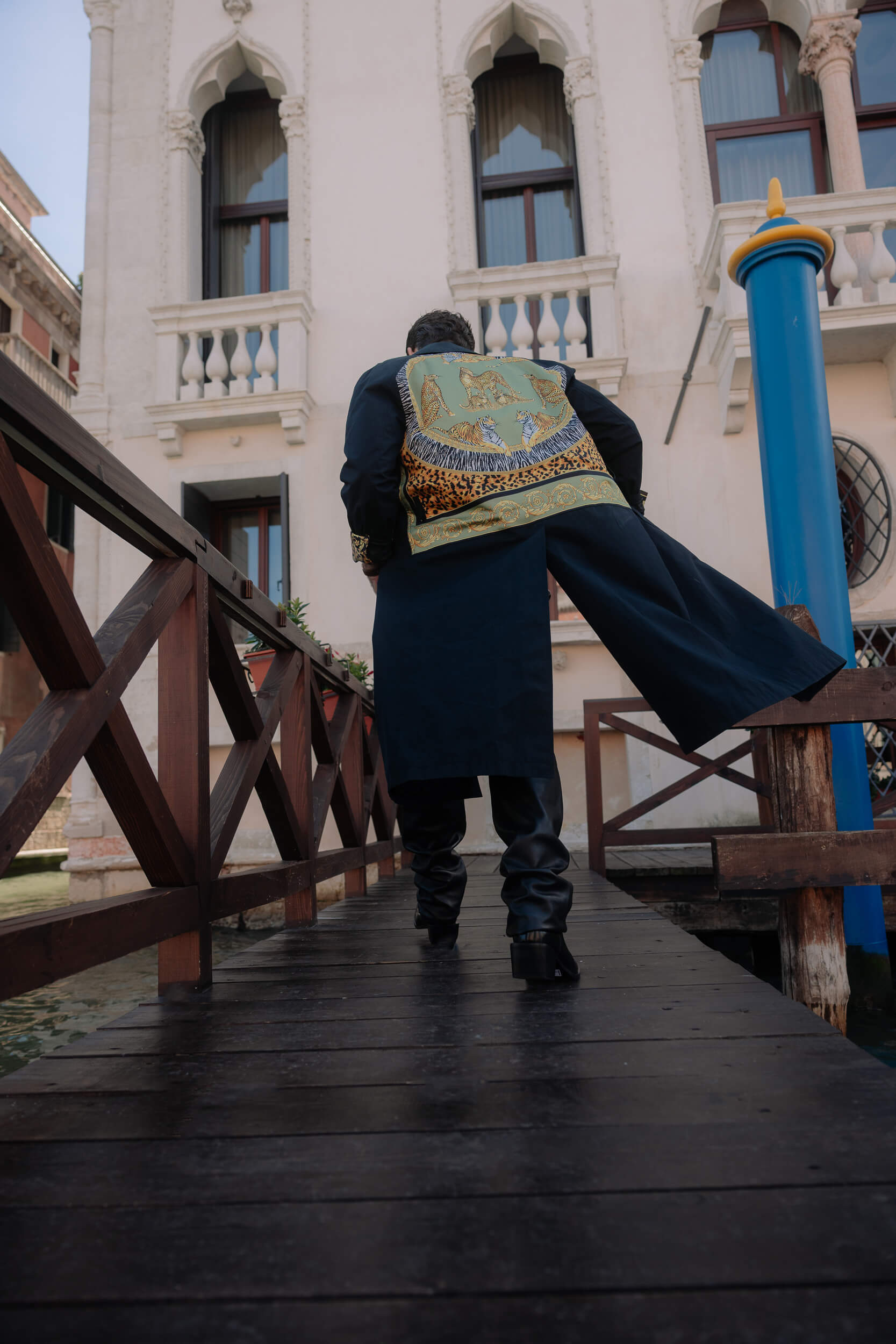
IR: Yes, the war is always present even if you don’t see it. And at one point, the character of Santiago says that he cried so much for so long that his eyes hurt and keep hurting, and it seems that pain in his body, in his mind, is never ending. Like you said, this film shows us that they all victims, even him. He is also a victim of somebody else. We see that everyone is trapped, and that’s what those systems do, their objective is to destroy the individual, to erase you so that everyone is under control.
E: One of the strengths of the story for me is that it shows how everyone is under the crunch of somebody else, under the oppression of somebody else. In the end, reconciliation can only come from understanding that everyone has been taken to an impossible place where they act out of desperation to survive.
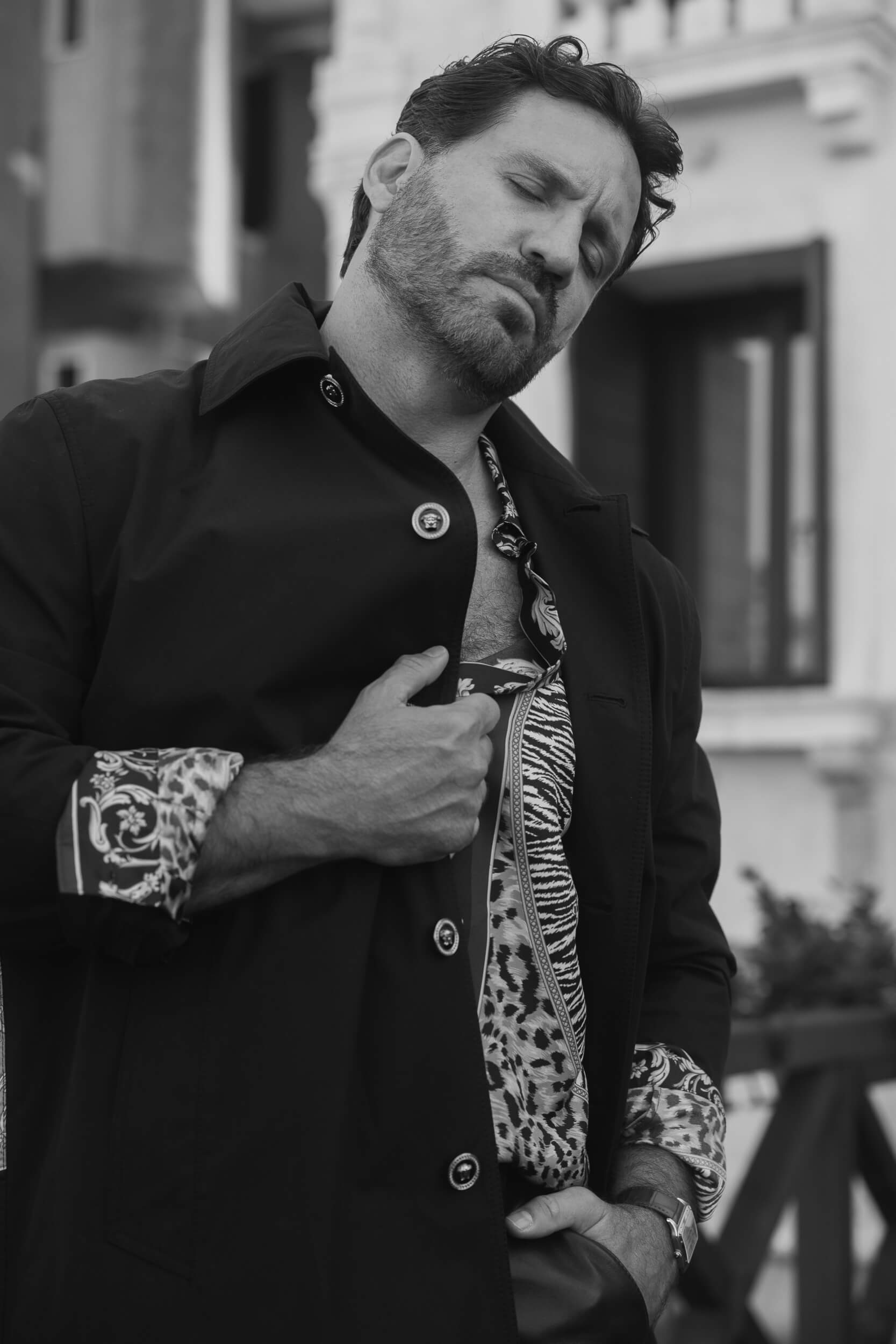
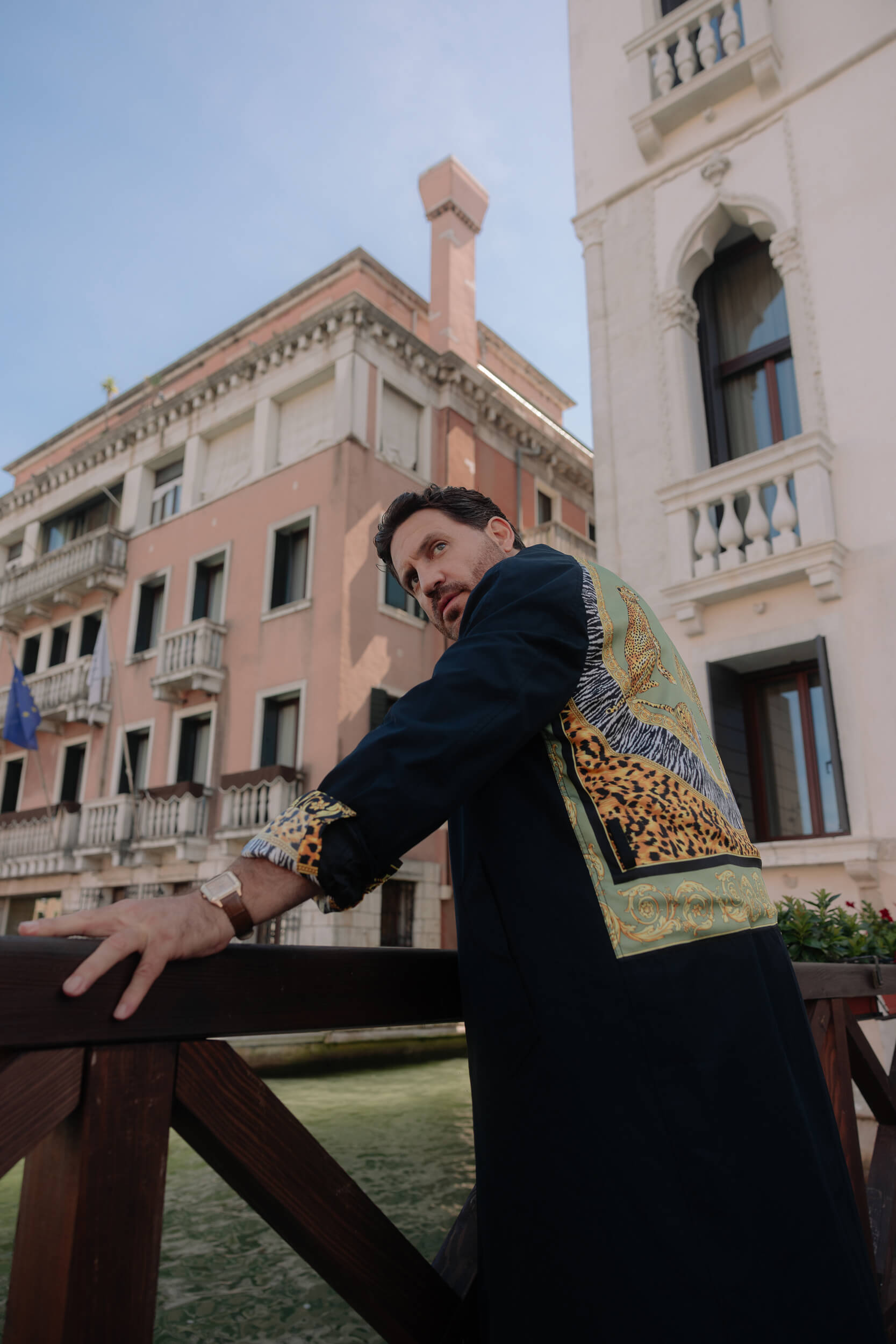
IR: Adelaida said that she would go to the end of the world with Francisco, your character in the film. And in a certain way, when she puts the picture in the suitcase and travels to Spain, she does exactly that. I was very moved because it’s as if she kept her promise; she brought him to the other part of the world. I found it very poetic. So, memory in the movie plays a big role – what role does memory play for you?
E: Memory is made of stories, of the fictions we tell ourselves. It’s tricky, because when we deconstruct the past, we do it through the lens of who we are now. We remember according to the moment we’re in. So, memory isn’t just recollection; it’s reconstruction, a recreation of what once was. In that sense, memory becomes a kind of fiction too. That’s why it matters to me to leave a record, to tell our stories, even if they’re imperfect, subjective, or imagined. I’m passionate about history, it’s what excites me the most.
For example, I’m always fascinated every time I come to Venice. There’s history everywhere here and it always feels new. It’s amazing to see buildings in a painting from the 1600s and still see those buildings full of life when you ride a boat through the canals. All this to say that I think that it’s important that we keep track. For us, this movie was a need, we needed to tell our story, and this is one of many stories that can be told about Venezuela. There will be so many others because we all have our own memories to deconstruct. But for us it was definitely an act of love, of remembrance, of historic depth. And yeah, I think that it is important to come to terms with our emotional knots so that we can hopefully move on and move forward.
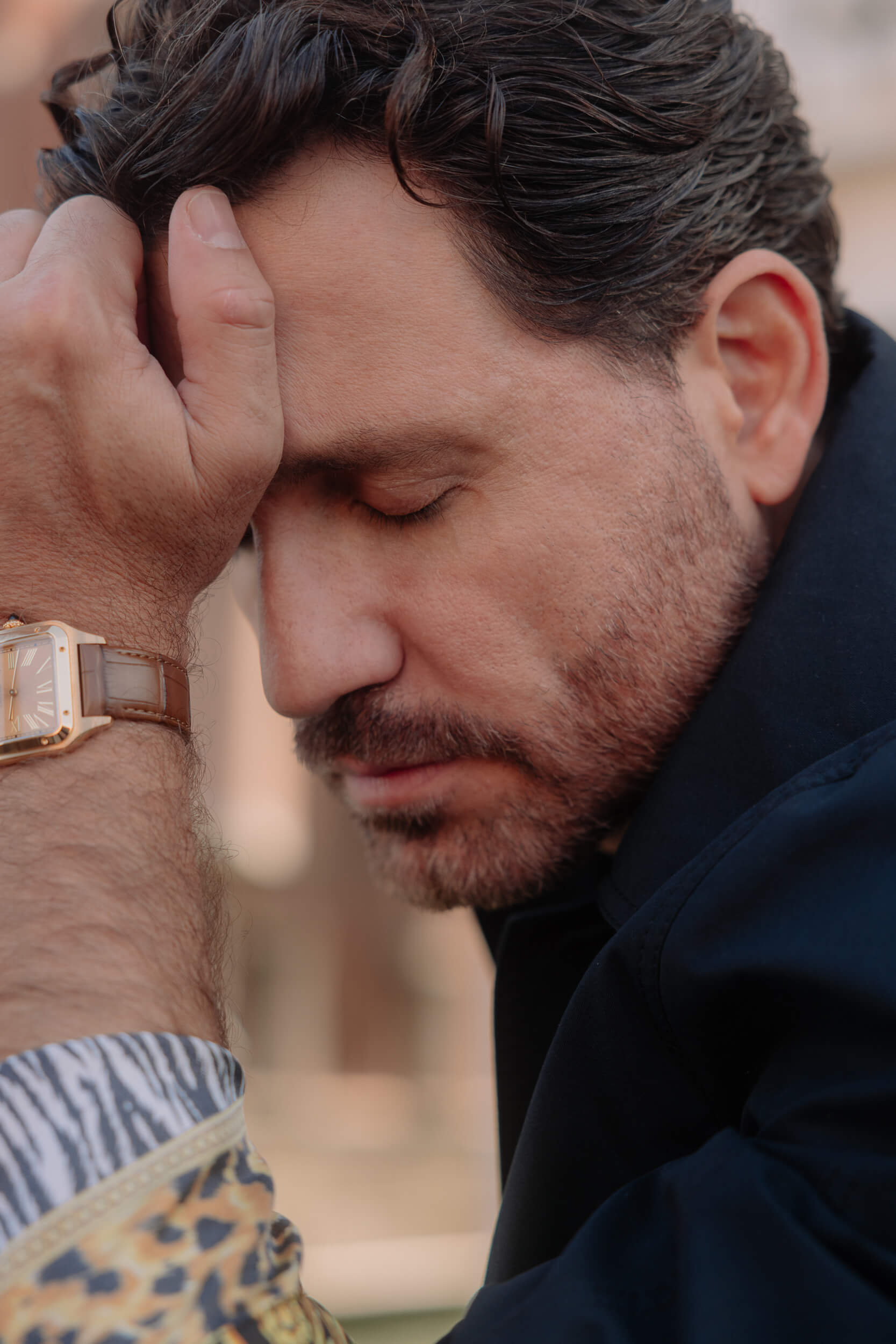
“Memory is made of stories, of the fictions we tell ourselves. It’s tricky, because when we deconstruct the past, we do it through the lens of who we are now.”
IR: Francisco has relatively few scenes, yet they’re incredibly powerful to the story. As an actor, what were the most important aspects for you in bringing Francisco to life and giving him such dimension despite the limited screen time?
E: This is a story that is told through the voices of female protagonists. As the rest of Latin America, the Venezuelan society is sustained by women. There is also the issue of the absence of the father figure – All women in this movie are abandoned, they don’t have husbands, they don’t have fathers, their sons have been taken away. That was important for me to tell, and when Mariana and Marité told me, “Edgar, now that you’re here because you’re producing, would you like to be Francisco?”, I was very pleased with the offer. It’s the only moment of relief in the story. The only memory of a kinder moment in her life.
It was beautiful to play Francisco. It’s a very small character, so I would be lying if I said that I went through a whole process in order to prepare for it. I just tried to be as present as possible and let myself be taken and guided by my directors and by my interaction with the amazing Natalia Reyes, who is remarkable as Adelaida. The song that we sing, “Tonada de Luna Llena”, is one of the most popular songs written in by Simon Diaz, which is like the Bob Dylan of Venezuela. His family are friends, and they were kind enough to give us the rights for free. We were basically gifted one of the most beautiful songs ever written in Spanish, a true blessing for which we are so grateful. It was very moving to be part of the film as an actor and in a moment of the story that is the only place of solace; where life was a little bit better.
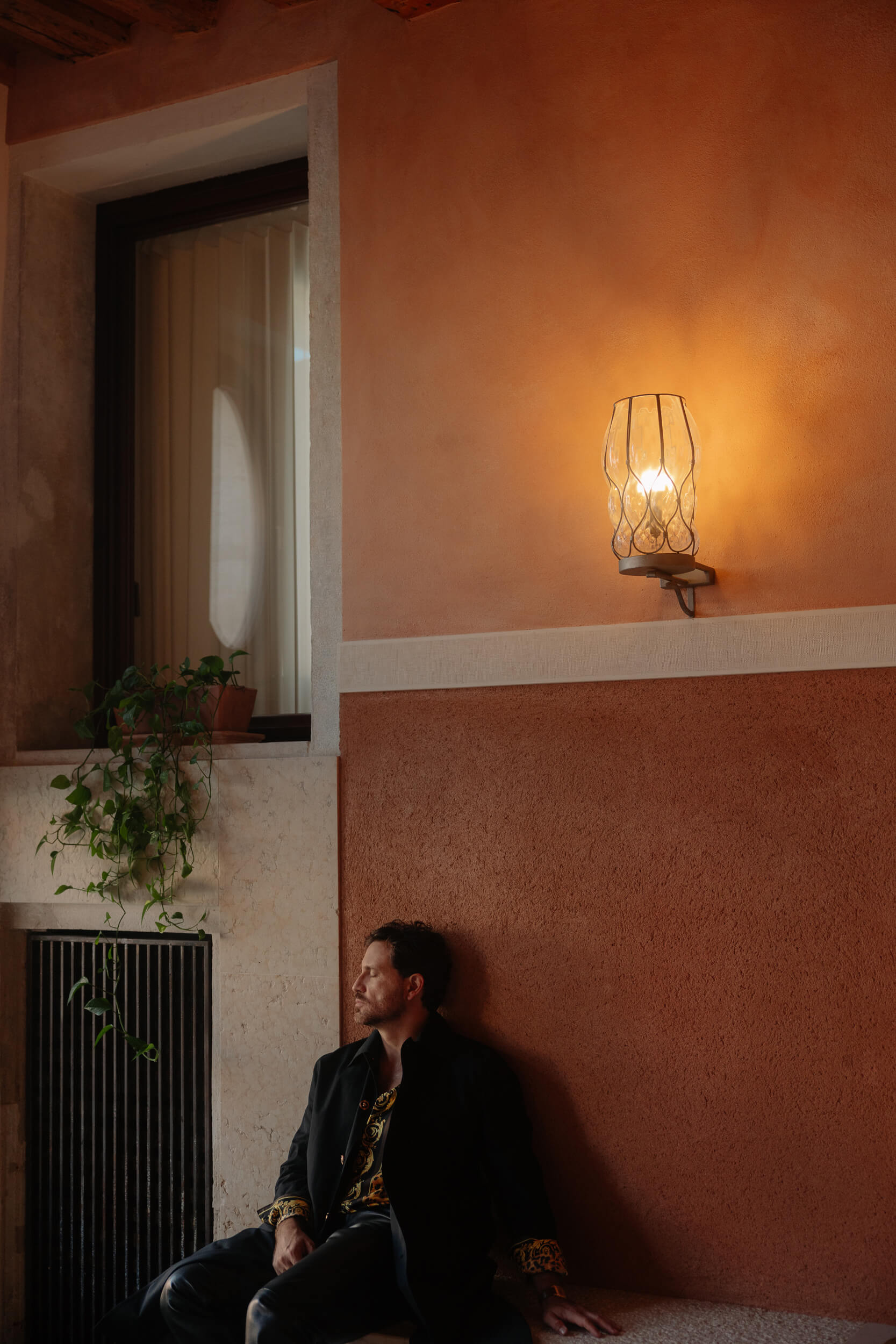
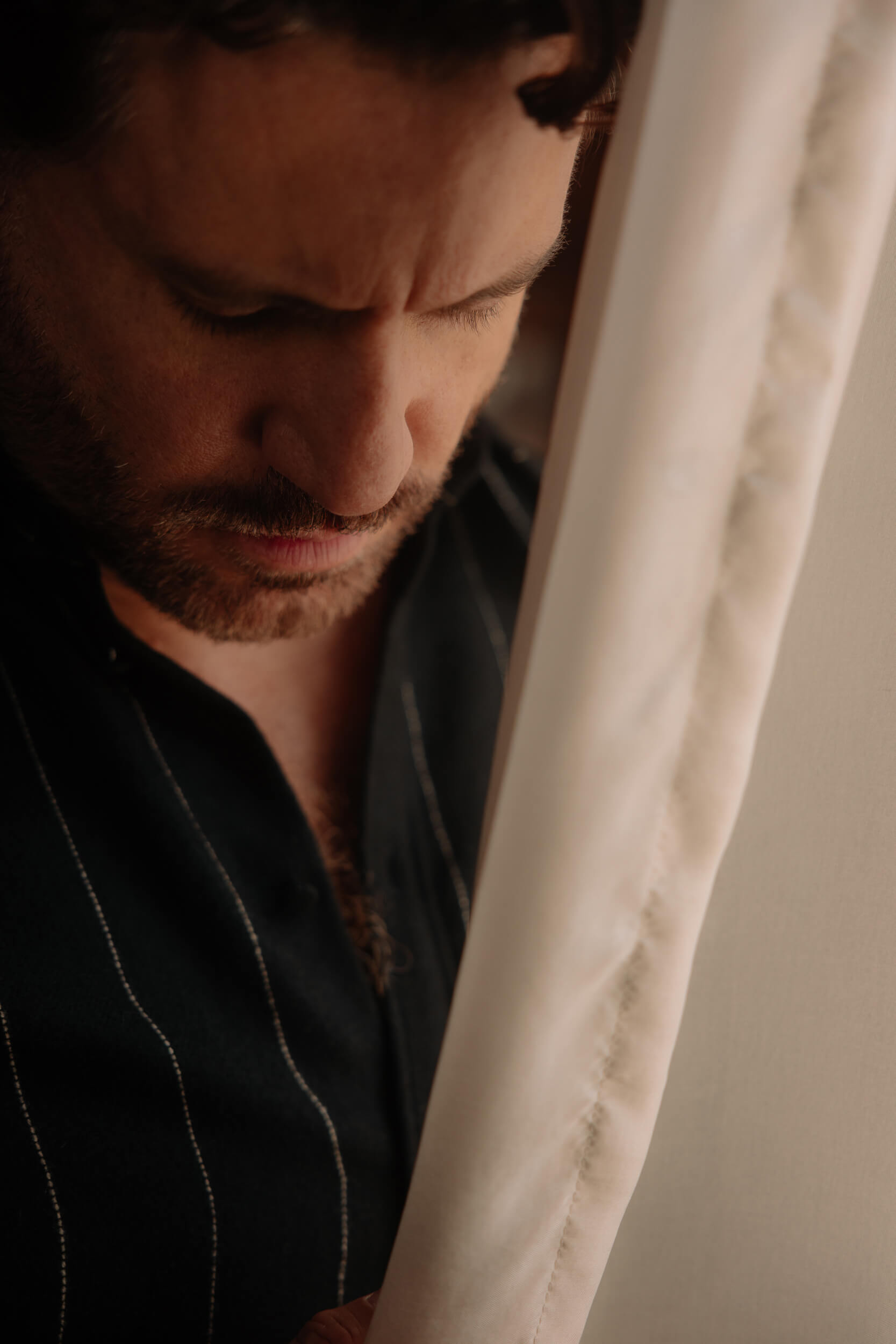
And as a producer, what was the conversation around the movie like? What’s the footprint you wanted to give to the movie?
Becoming a producer has been a long-time coming process for me, you always have so many hesitations and so many fears and questions that can only be answered when you start doing things. You cannot anticipate them.
Regarding the footprint, I think I just wanted this soulful story to be told. I feel very privileged that Karina, the author of the novel, trusted us with her story. There were a number of people after these rights, very important people that I admire, and we ended up with the rights and it’s a huge privilege and a responsibility, so we are very grateful and very happy. She is very happy with the movie, as well, and I’m already working on her next book.
I think that my taste as a producer is pretty much the same taste as a member of the audience, I watch all types of movies. I think there are certain movies that you need in certain moments in your life. However, stories that focus on the individual, on the small and big acts of dignity, are important to me. That’s what I look for: that human resonance we can all relate to. Because at some point, whether in our society or within ourselves, we’ve all faced a moment when life suddenly becomes unrecognizable. Sadly, that’s something countless people have experienced throughout history.
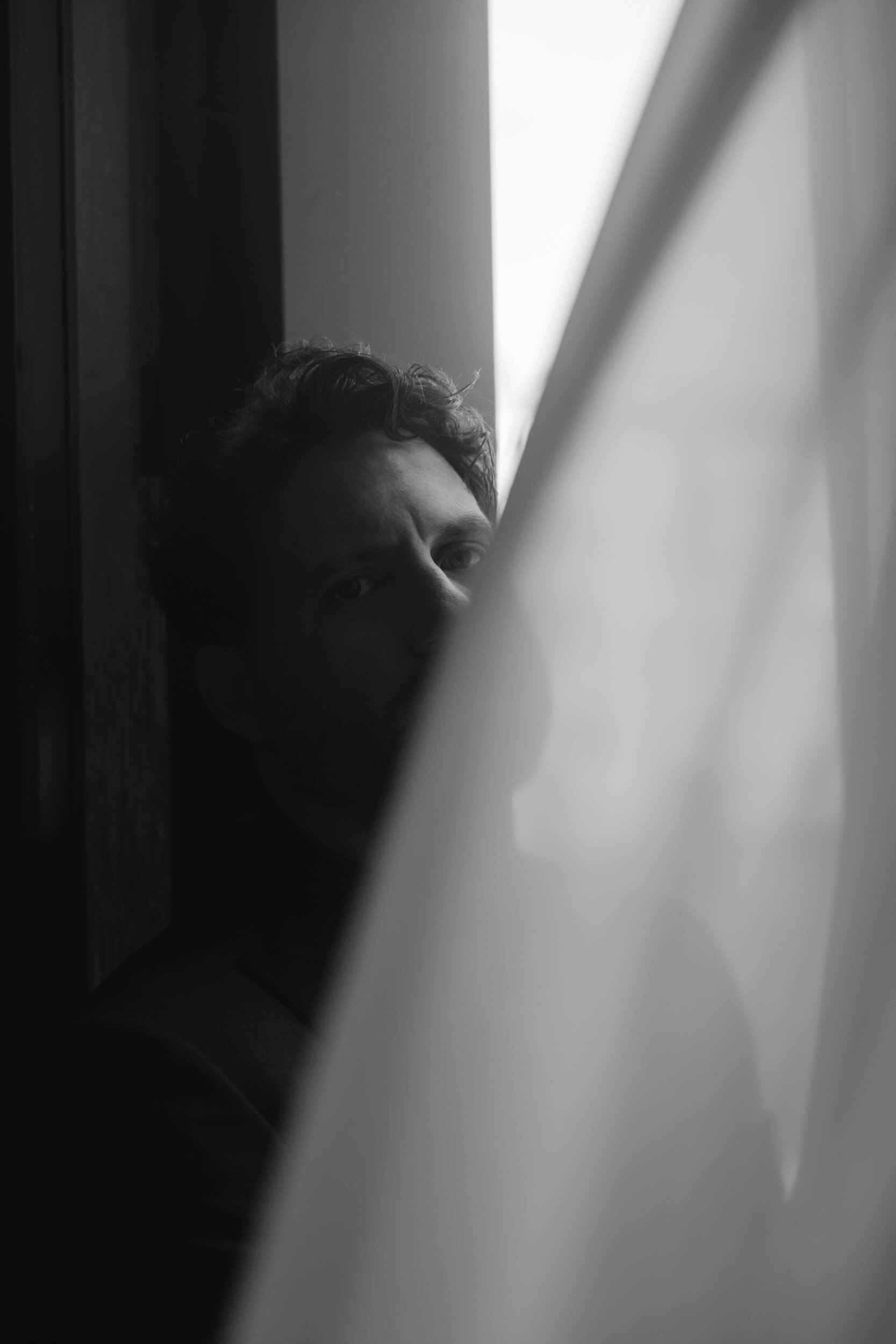
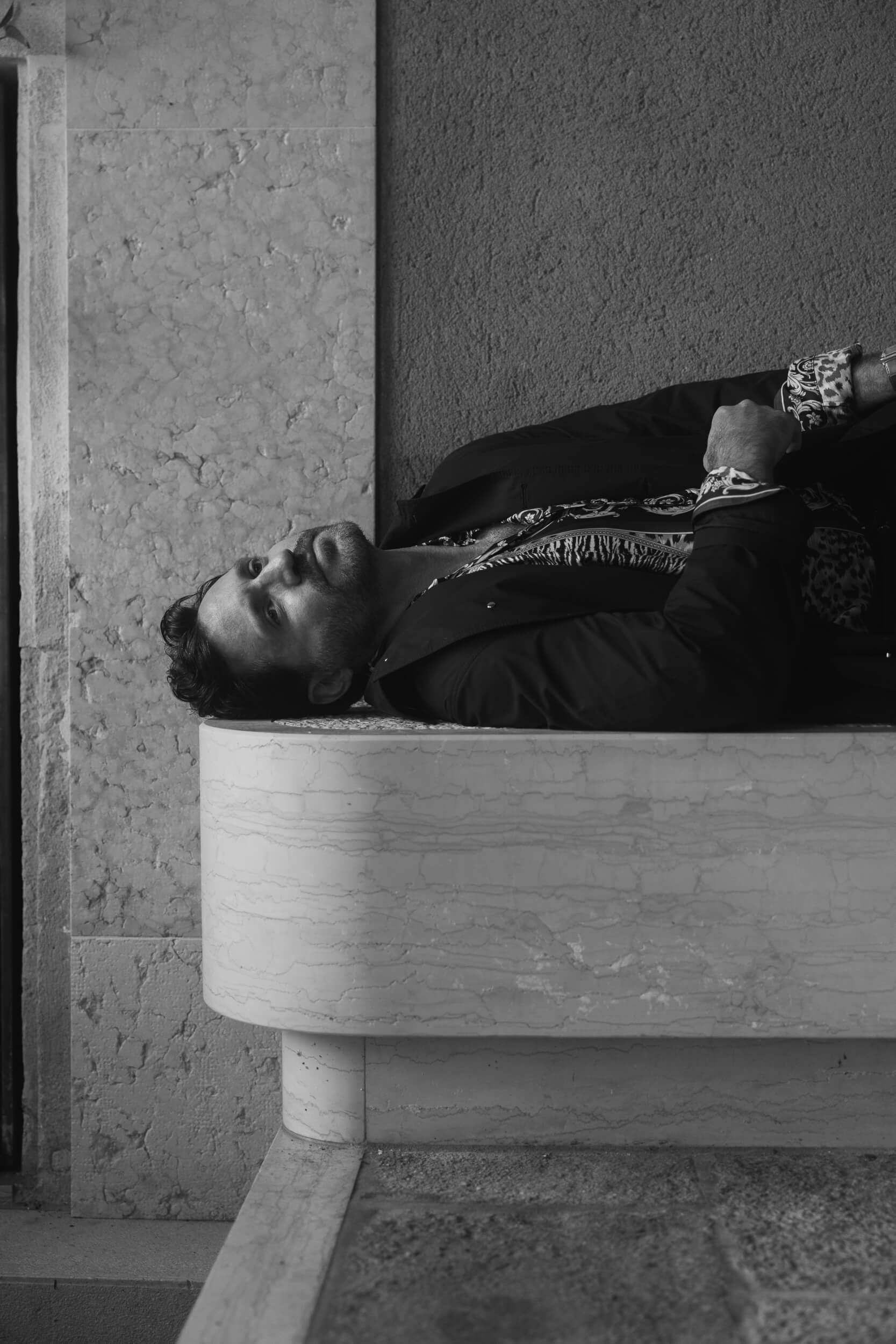
“At some point, whether in our society or within ourselves, we’ve all faced a moment when life suddenly becomes unrecognizable.”
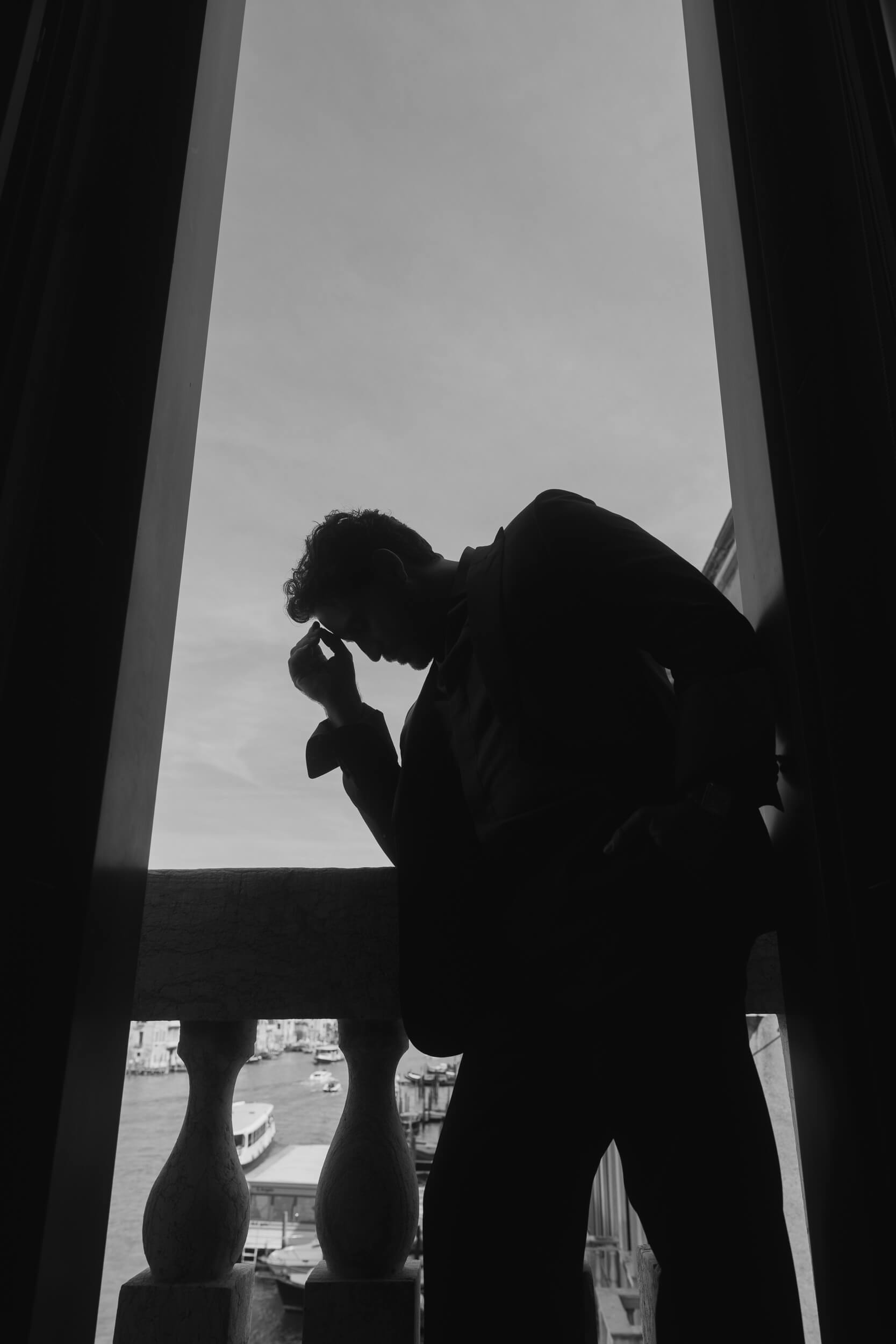
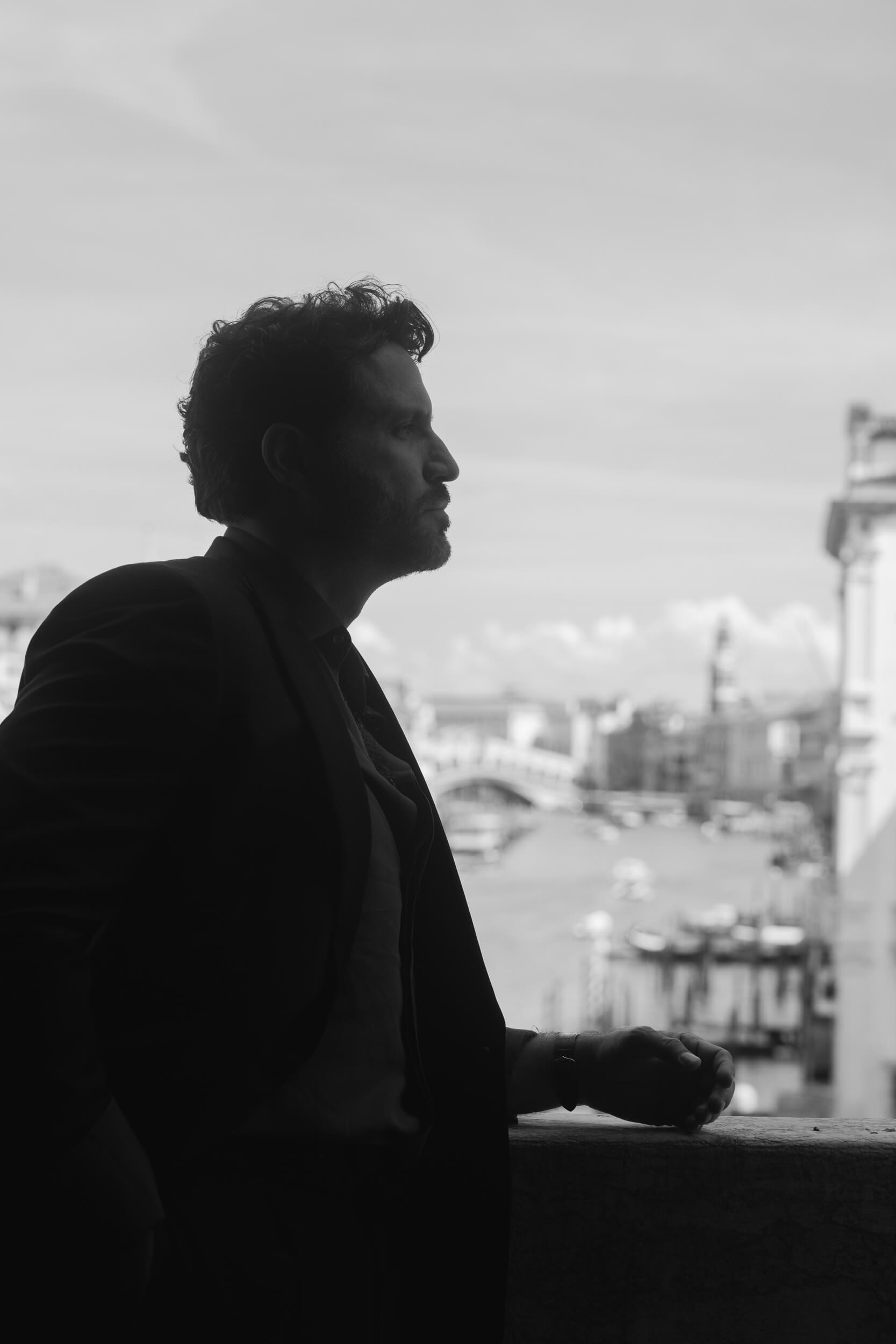
IR: Emotions are so universal. I don’t know what it is or what it means, of course, but with the first scene, for example, with the funeral, or other scenes when everything is taken away from you and you don’t know what to do, I can really empathize because of something that happened in my life, and it was really strong because I know that it’s another story, but like I said, emotions are universal and this movie for me was amazing in conveying this kind of emotion without talking about the people who did all the monstrosities. It was about feelings.
E: I think I’m done putting the focus on the monsters, they’ve already had their stage. We don’t need to give more space to the monsters of the past, the present, or the future. I’m done talking about them. I don’t even mention names. It could be any monster; it could be your monster. Everyone who watches the film will recognize their own.
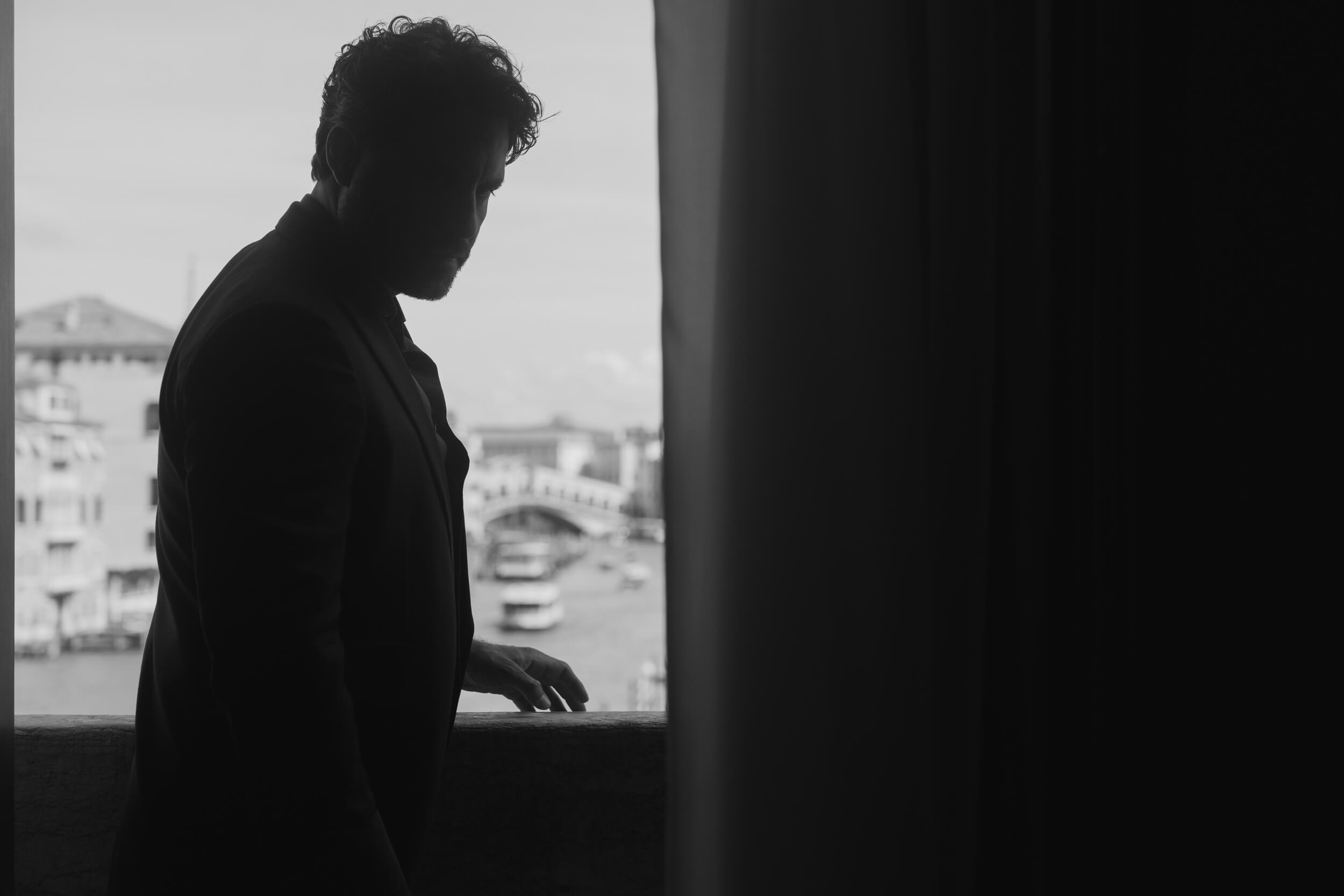
IR: Being stripped of your identity feels like the common thread for everyone involved in the movie, whether it is literally, morally, or ethically, and physically. As a Venezuelan producer and actor, what gives you the strength to hold on to your identity as a person, as a culture, as a whole society?
Identity is a very flexible thing and I strongly believe in that. I remember a TED Talk by the writer Taiye Selasi that really stayed with me. She was born in Sierra Leone but grew up between London and Boston, if I remember correctly. Yet she’s always introduced as “a writer from Sierra Leone,” even though she has almost no memories of it. She argues that identity is not all about nationality and cultural heritage but about the places where our emotional connections lie.
I believe that too. We are marked and defined by our experiences, and identity is something constantly evolving, something we have the right to shape and reshape. The problem arises when someone else decides it for you. Adelaida, for example, isn’t choosing to move to Spain out of curiosity or a desire to see the world. She’s being forced to redefine herself by circumstance. I’m from Venezuela, my father was a diplomat. I grew up living in different places. I feel very Austrian in many ways, German was the first language that I learned after Spanish. Then, I have made most of my European career as an actor in France, I’m part of French cinema, it means a lot to me, that’s part of my identity as well, but I’ve been choosing these things.
These things have happened to me, and I have been open to them, and I have chosen to make them part of myself. In many ways, I also feel very Angelino, from Los Angeles, California, it’s the city where I live and where my wildest dreams have come true. But all of it, had been my choice until it wasn’t anymore. Venezuelans, as many other people around the globe unfortunately, have been forced to leave our country. Right now, we constitute the biggest displacement crisis in the world. More than 8 million people that have no other choice but to deconstruct their identity and become something else. So that’s the violence, that’s what most immigrants are forced to do. They don’t have any other choice, it’s not that you choose to go and get to know the world, and then you come back home, and you tell the stories of the things you saw. It’s because you’re not safe in your country, because you’ve been pushed out by, in this case, a totalitarian regime.
Adelaida is forced, violently, to deconstruct herself in order to become someone else, to escape from hell, and that is the drama.
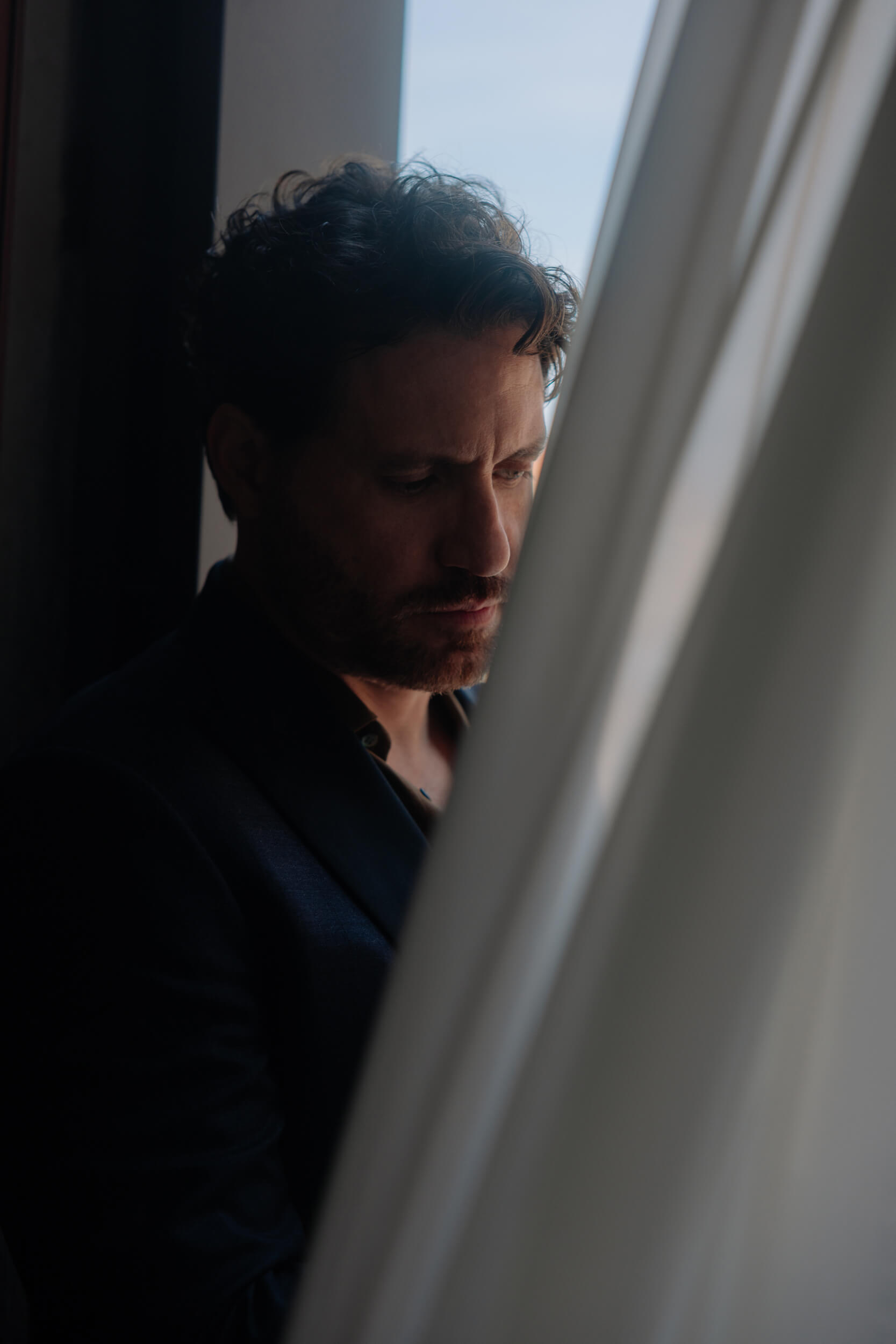
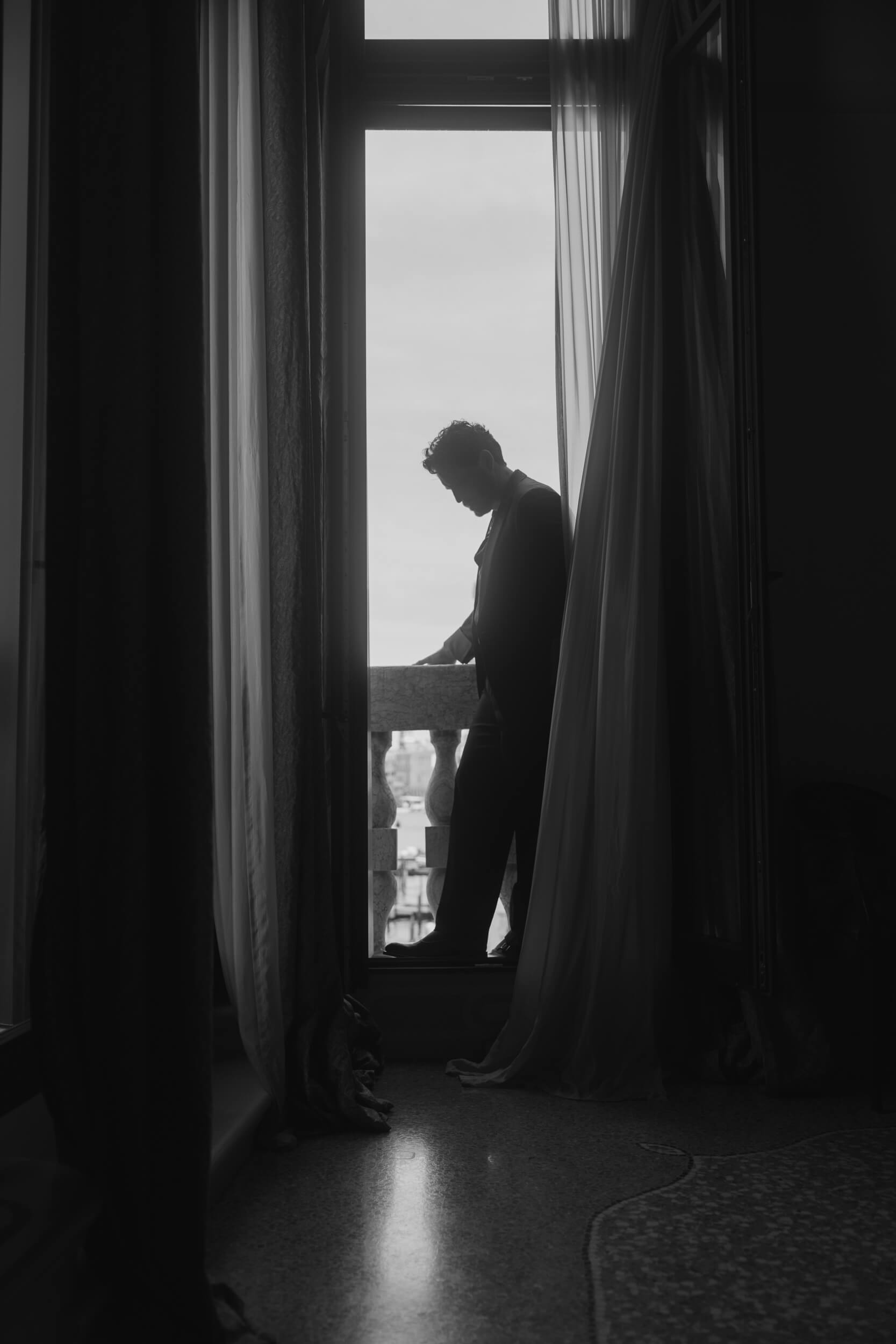
IR: And also, when she said that she had to, of course, change her name she “gave up” to her mother’s dream to have three Adelaidas: her mother, her and the future daughter. That is very sad and moving.
E: It’s incredibly moving and beautiful in a painful way that there will never be a third Adelaida, because she no longer carries her name. The mother becomes a metaphor for Venezuela itself: a country that no longer exists, not because it changed naturally, but because it was violently forced into transformation by an abusive regime.
It’s no coincidence that for the ancient Greeks, the ultimate punishment wasn’t death but exile. That was the true tragedy. To be torn away from one’s home, one’s name, one’s place in the world. It’s the same moral wound at the heart of Antigone and of this story.
As an exile, you become almost like an emotional zombie, there’s a kind of death you carry with you. But when you live in exile, when you can’t return to the place you love, there’s always a kind of weather system above you. Sometimes it’s dark and heavy; sometimes it opens up and you see the sun. But it’s never completely clear. It never abandons you. It’s heartbreaking, because this is not the first time it’s happened. It’s happened again and again throughout history. And yet, somehow, the word “immigrant” has become a dirty word. The immigrant has become the villain. People don’t leave home because they want to; they leave because the forces that surround them – hunger, persecution, the absence of a future – push them to risk everything.
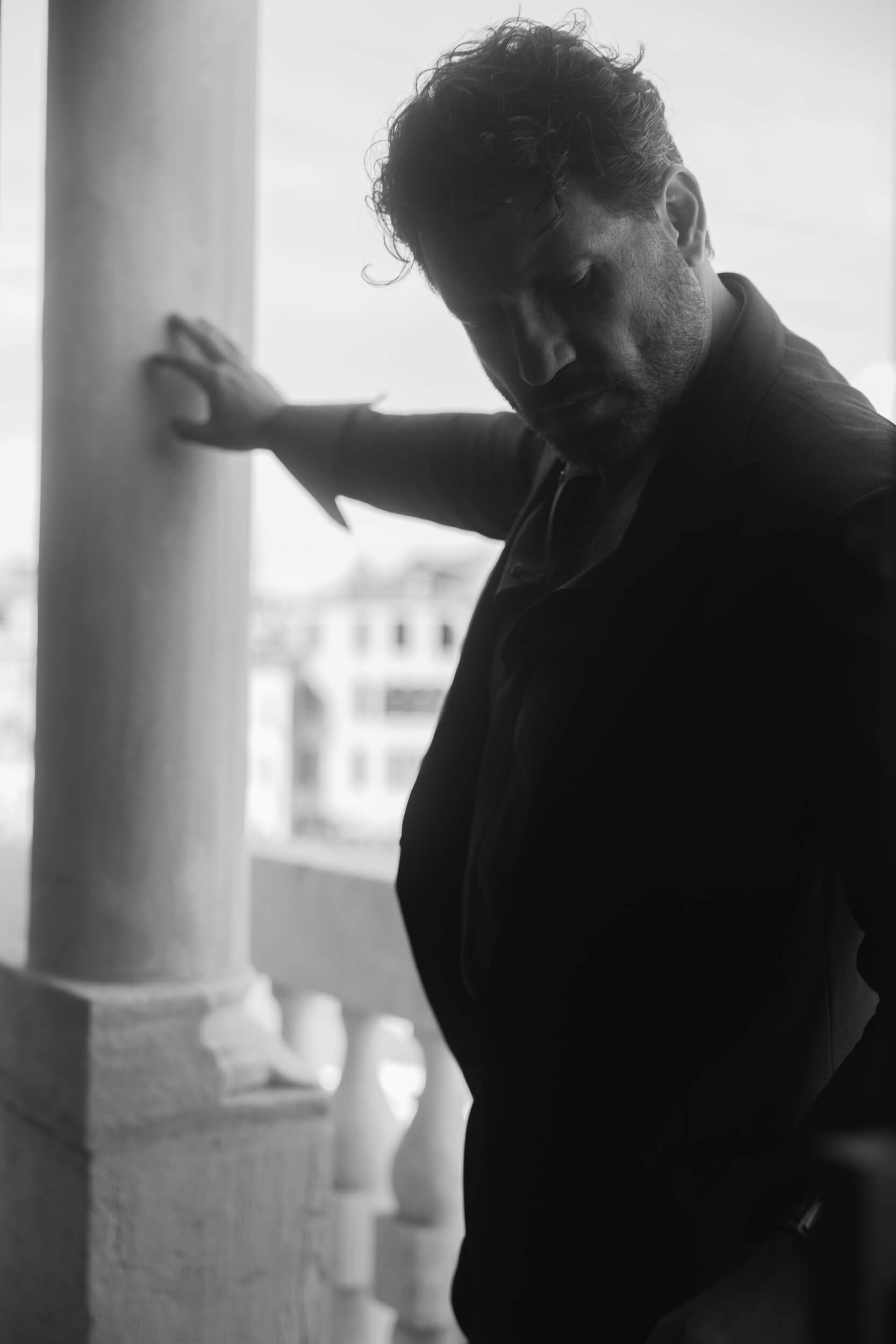
“People don’t leave home because they want to; they leave because the forces that surround them – hunger, persecution, the absence of a future – push them to risk everything.”
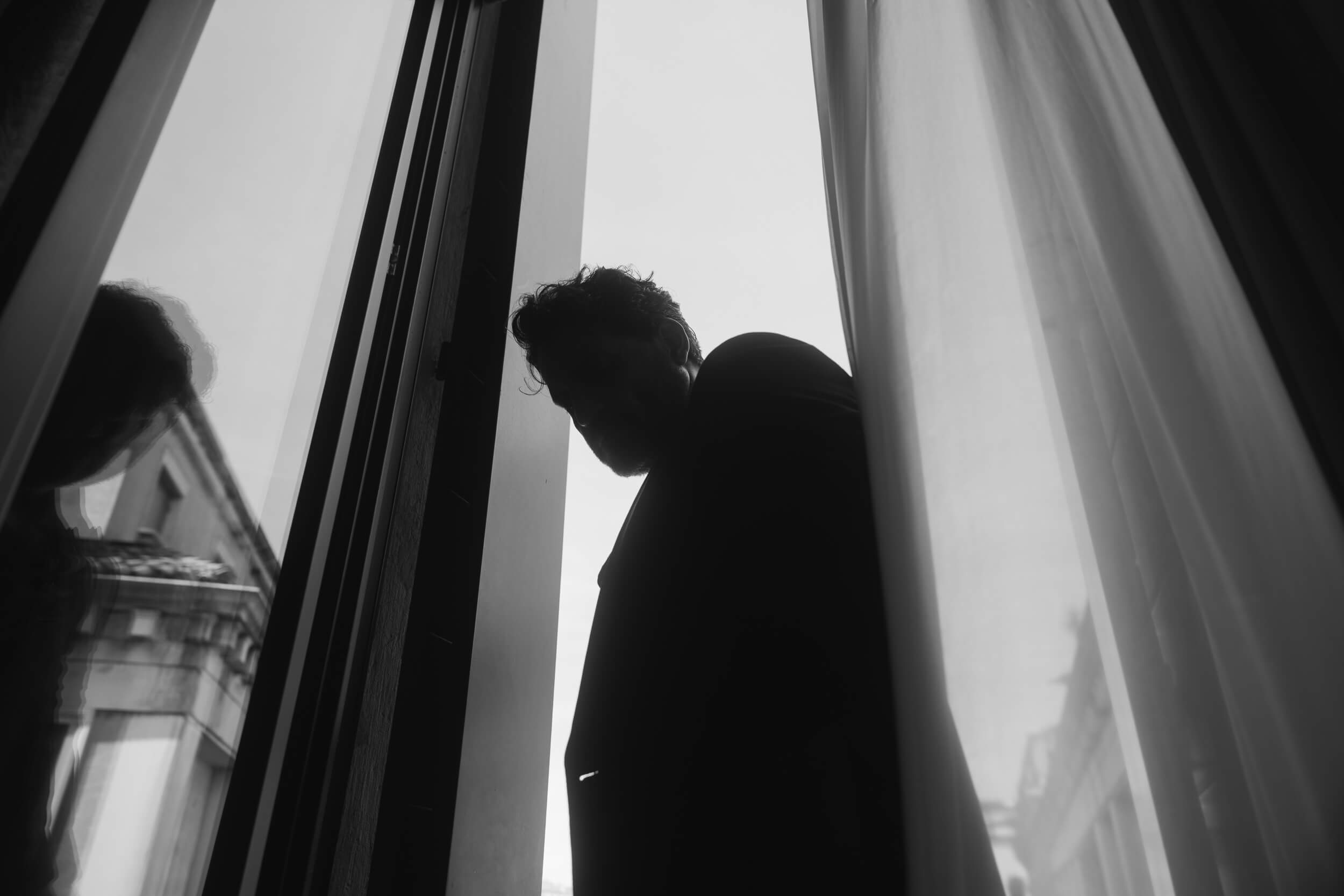
E: And that’s why it’s so painful to hear people who are supposed to be intelligent and educated – political leaders who’ve had every opportunity to see the world and its hardships- speak of “invasions” of “replacement”. What invasion are you talking about? Most immigrants are human beings who have lost everything and are forced to leave their countries with nothing but hope of a better life.
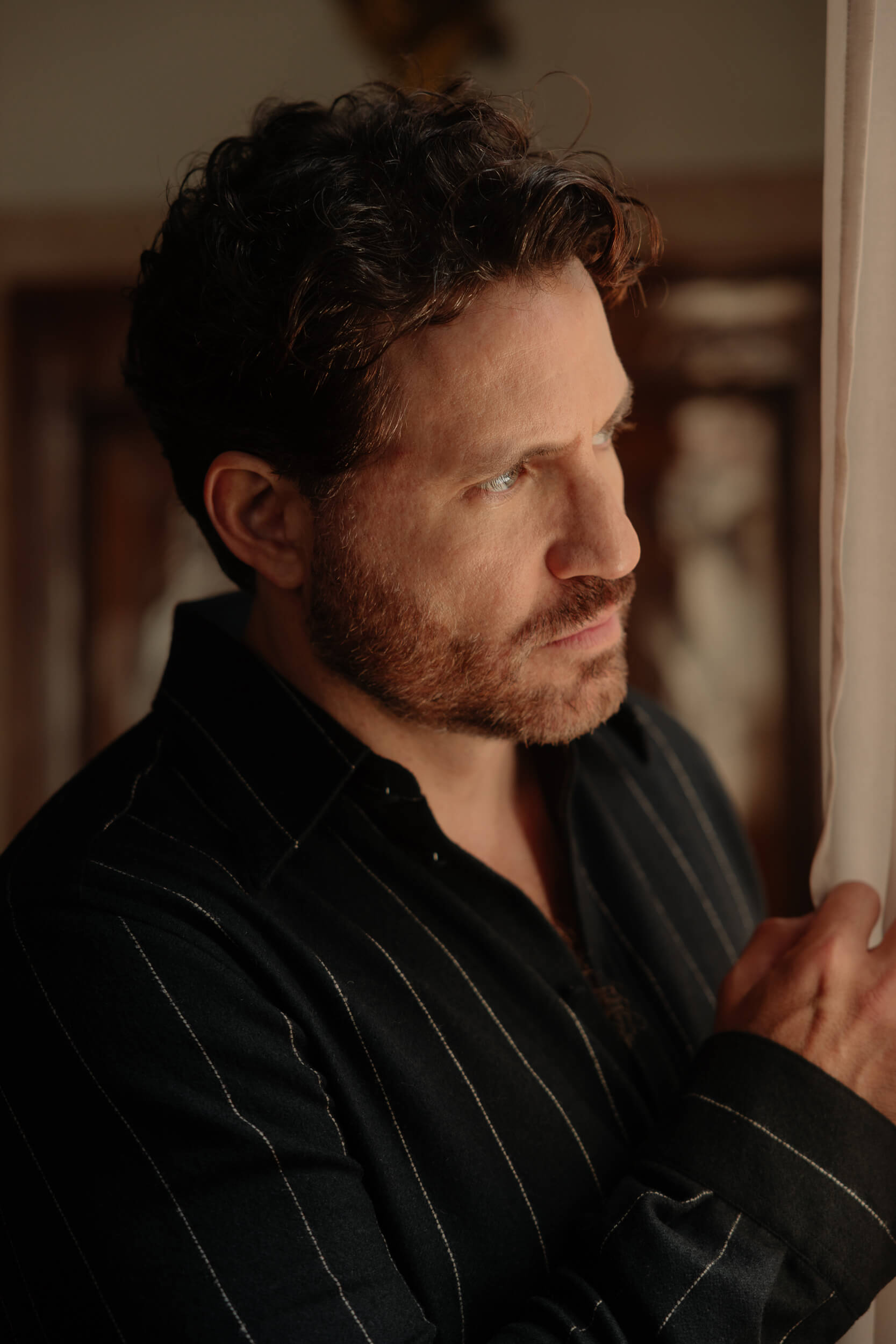
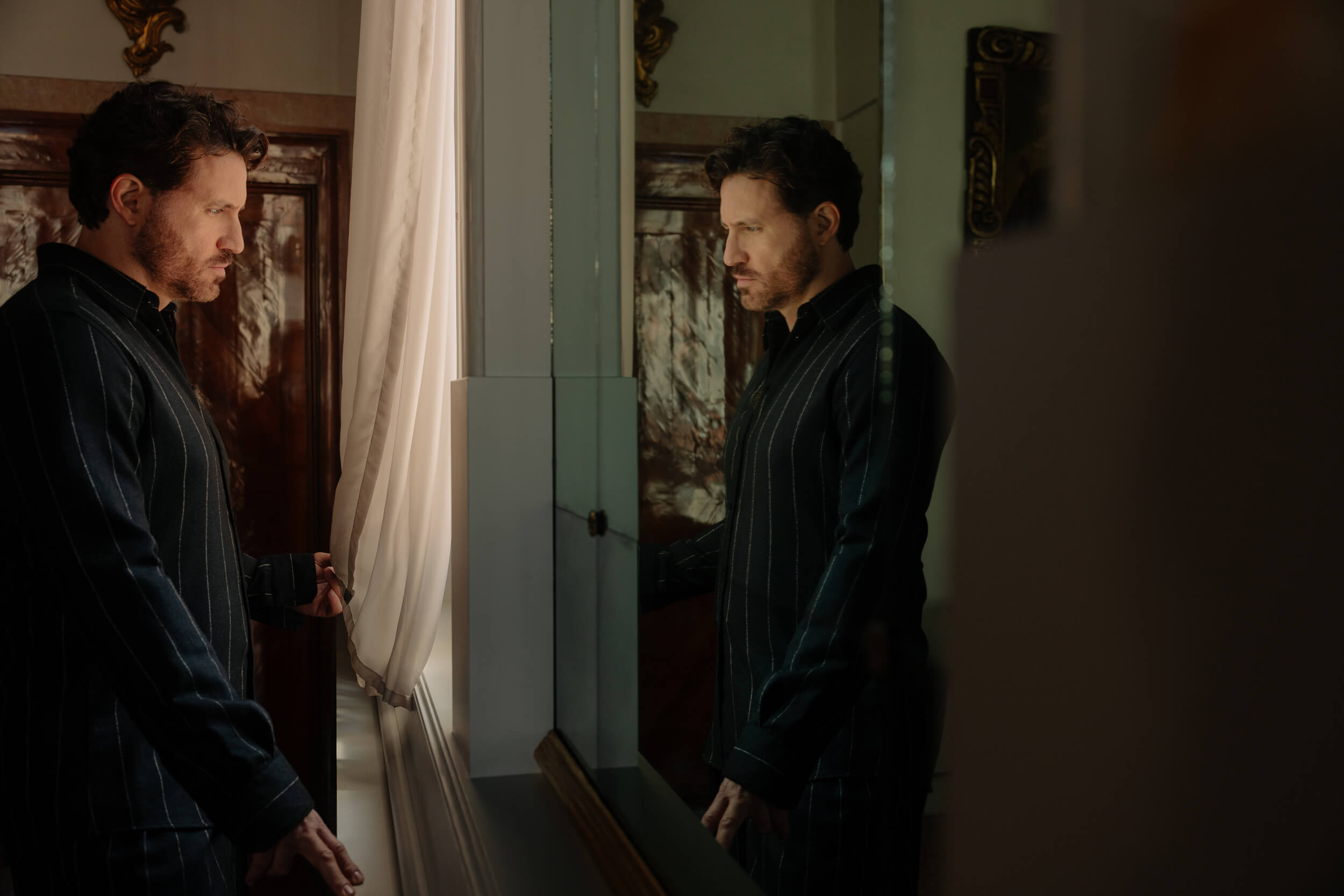
IR: I assume that you as an actor and a producer, every time you are in a new project, you work on yourself in a different way, and you learn new things about yourself. What’s the thing you discovered about yourself with this project, if there is one?
E: I remember our first table read in Mexico, it felt like a therapy session for everyone. We were all Venezuelans, making a film about our country outside of our country, because we couldn’t shoot it there. Each of us brought our own story, our own wounds, but we managed to hold back our pain and tell this story without rage, without a sense of revenge.
And that’s not to say those other stories and intentions aren’t valid, they absolutely are. People should tell the stories they need to tell. But for me, it was important that this film, like any true work of art, could create an impact – a political impact even – not because that was our intention, but because it was inevitable. When you tell a story that reflects the truth of its time, it becomes political simply by existing.
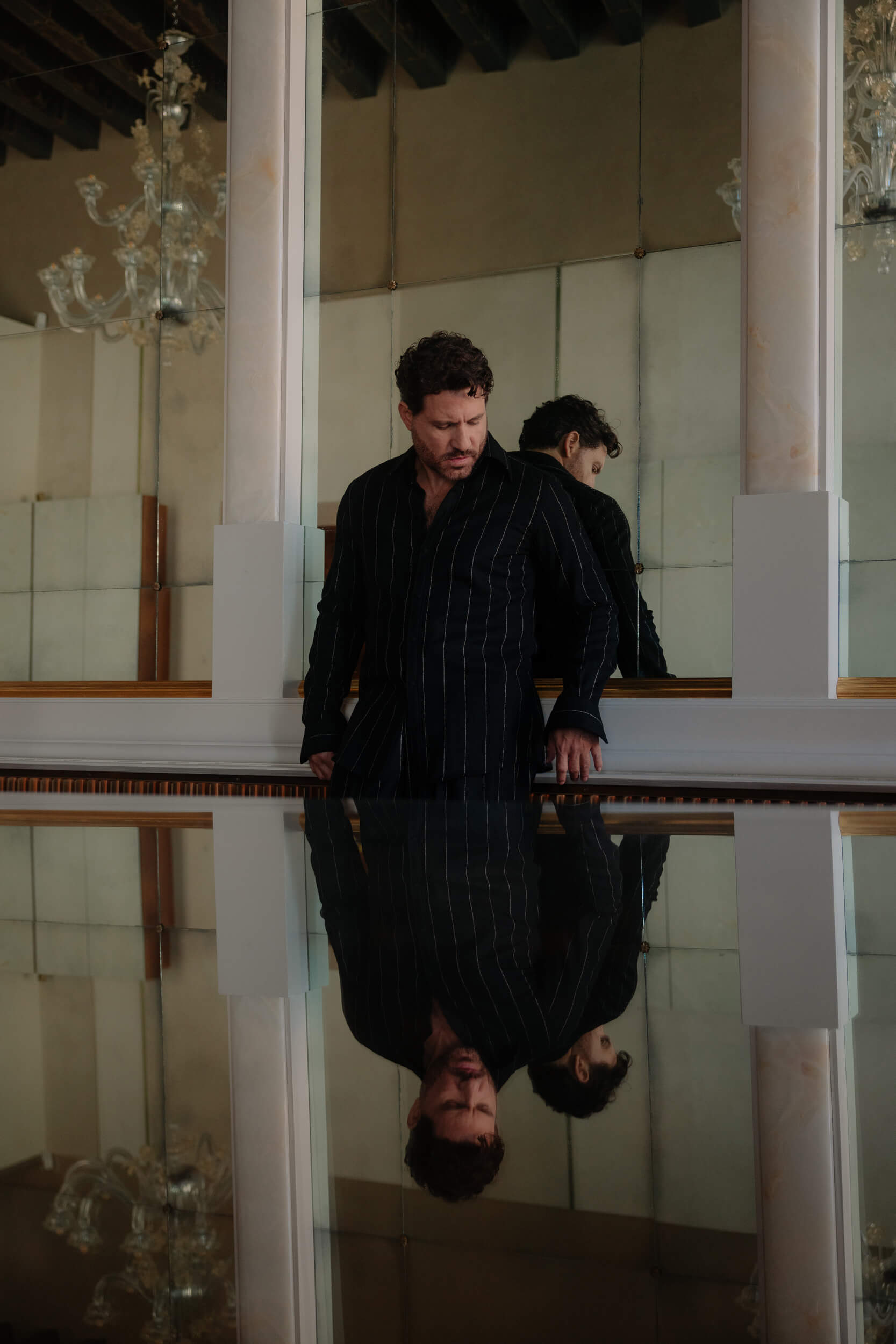
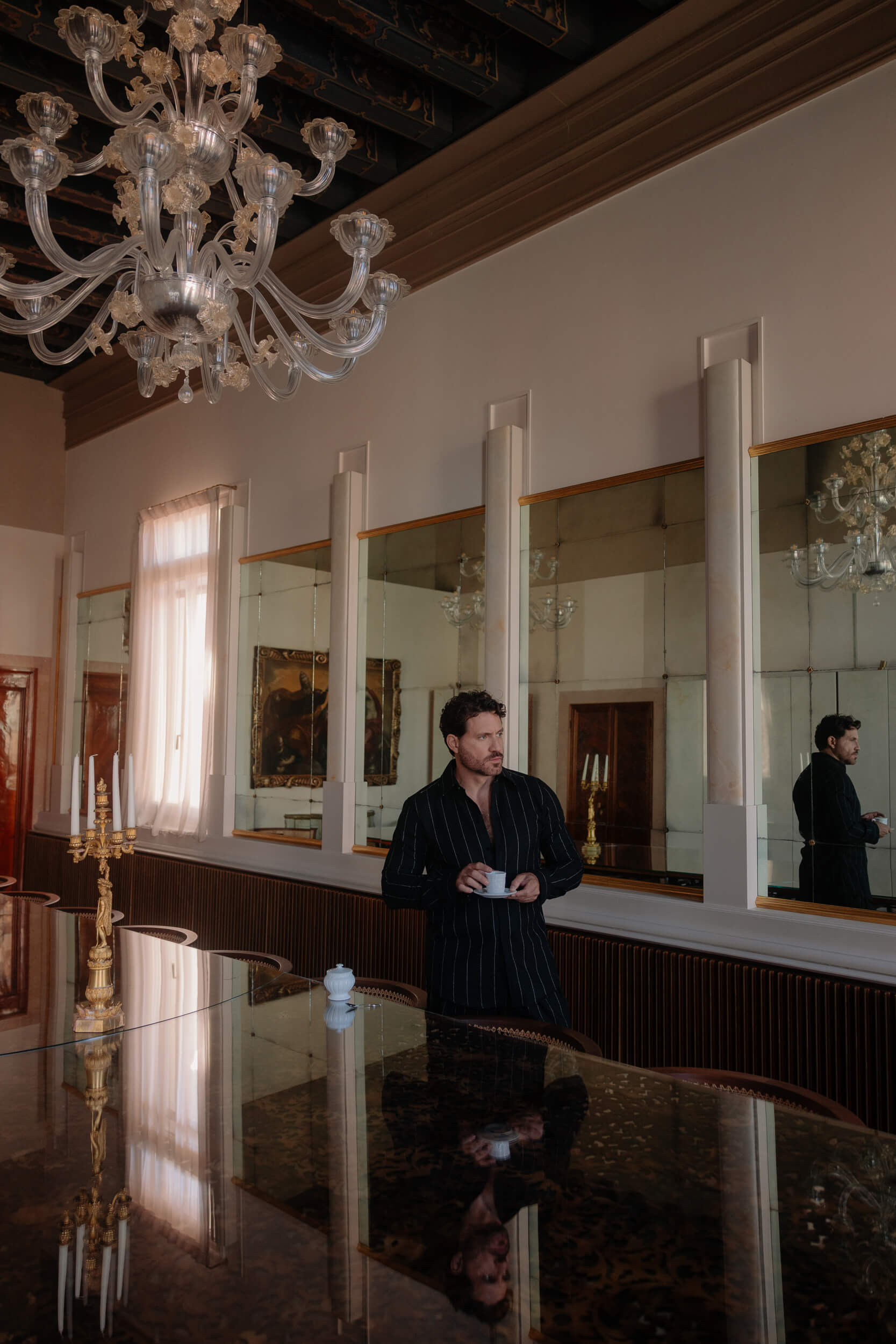
IR: And at the end, we see Adelaida at the beach in front of the sea. The sea for me is always representing the infinite, hope, and I hoped for her that it could be a new place of serenity and a happy place, if we can say that. What is your happy place?
E: My happy place is with my family.
My dad died eight months ago, so I get a little emotional talking about this, but my happy place is with my family and with my friends who are my family. So, wherever they are is my happy place.
I just had a housewarming party at my new place in Madrid, and that was my happy place. Now I’m going to have a beautiful lunch with my friends somewhere, here in Venice after this interview, and that’s going to be my happy place.
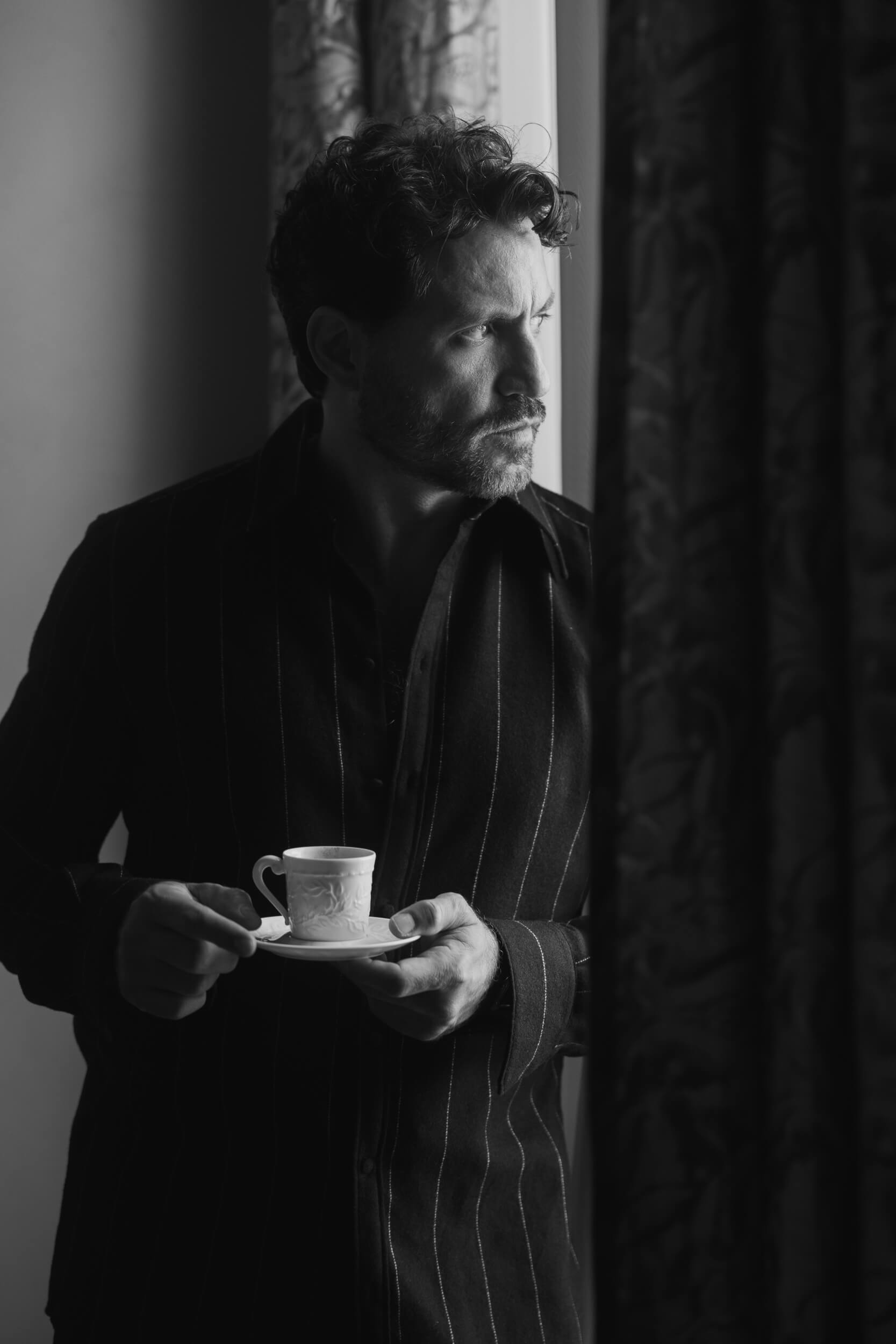
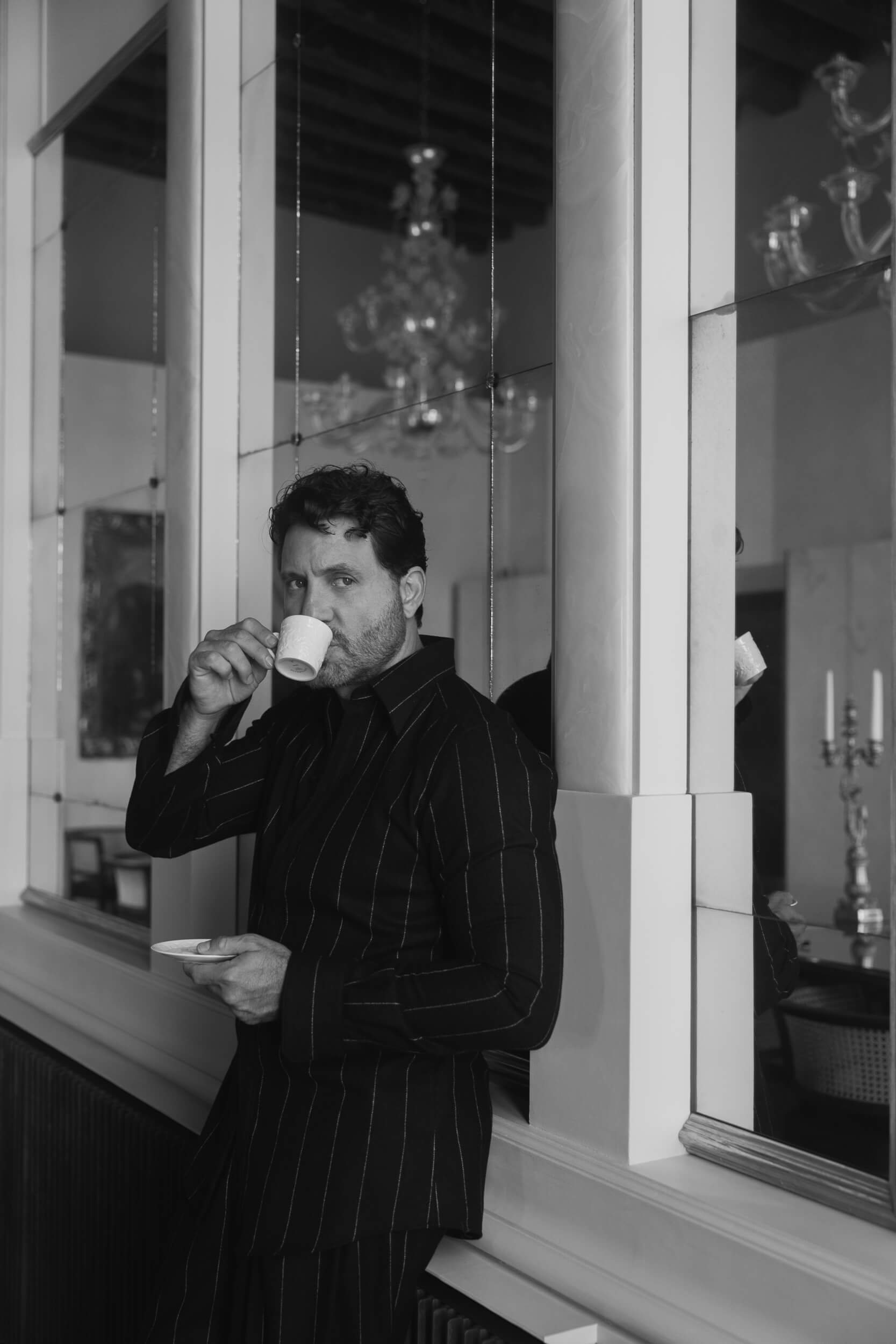
IR: You know, I really understand you and the universality of the pain shown in the movie, because I lost my father, too.
E: I am so sorry, I really am. Now I ask you: Does it get better?
IR: With time, the pain is less acute, and it’s wider. But you will get to know how to live with it, and you will laugh also. Even in these days, you are a person that I admire, and my father used to watch movies with you. A while ago I said, “My father would have been very proud of what I’m doing now”.
E: That’s very sweet, thank you so much for sharing that. I felt my dad was with us while we were doing the photo shoot. He would be so happy here in Venice. I miss him a lot.
IR: For me, it’s like richness. I try to find the good side of this.
E: Of course. For me, being able to take care of my dad until the end was a great privilege. Even though I knew those weeks were leading up to his death, they were some of the happiest weeks of my life. There’s a kind of intimacy you can only access when you know that time is limited. A space opens up, one you inhabit completely, where every moment feels heightened. Every taste tastes more. Every coffee taste richer.
I always said I was the actor, and my dad was the movie star. He was this very handsome, tall man, stylish, social, full of life. He would be right here, entertaining everyone, so present, so luminous.
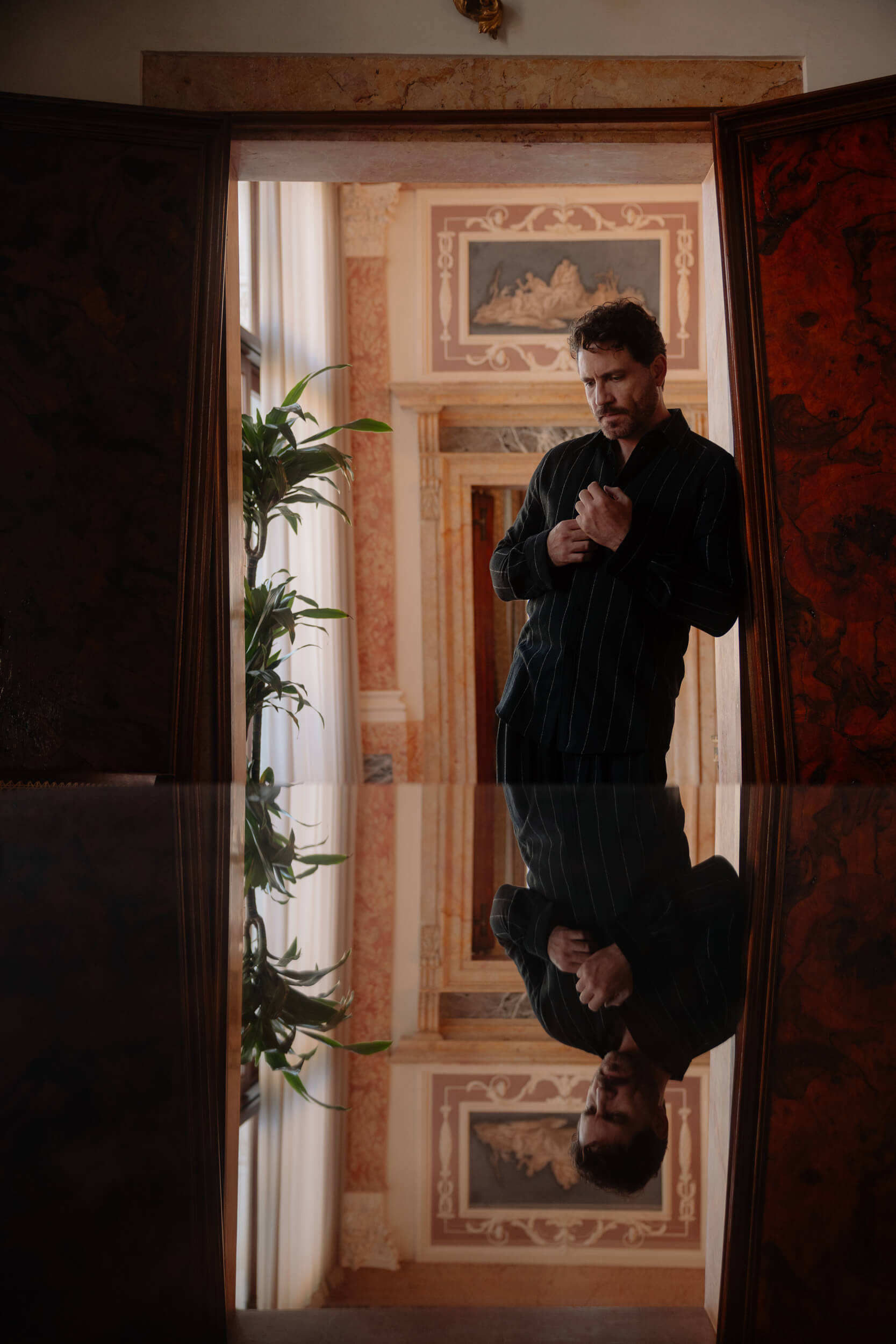
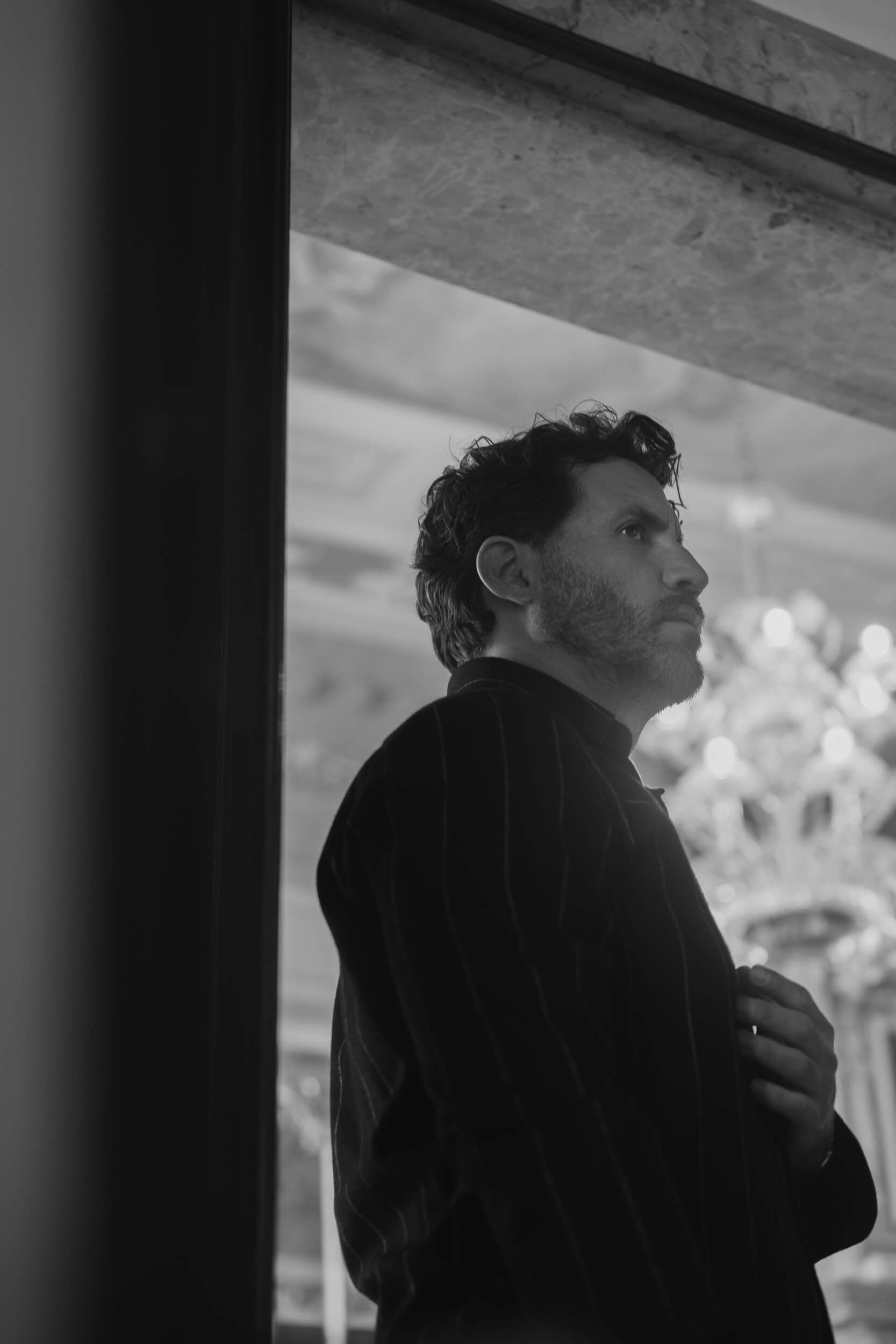
IR: I wrote something in the year in which my dad died, I wrote “a thing” about grief. And in that thing, there is my dad. Even if I don’t talk about him, it’s all about him. Andwriting it was very helpful for me, remembering him in and putting him down somehow, too. It helped to do things that made me happy and that brought him along.
E: To be in the moment and really enjoy life, that’s where my dad always was. Losing him changed me. I was already trying to be more present, but since he died, I’ve learned to be here more fully than ever before.
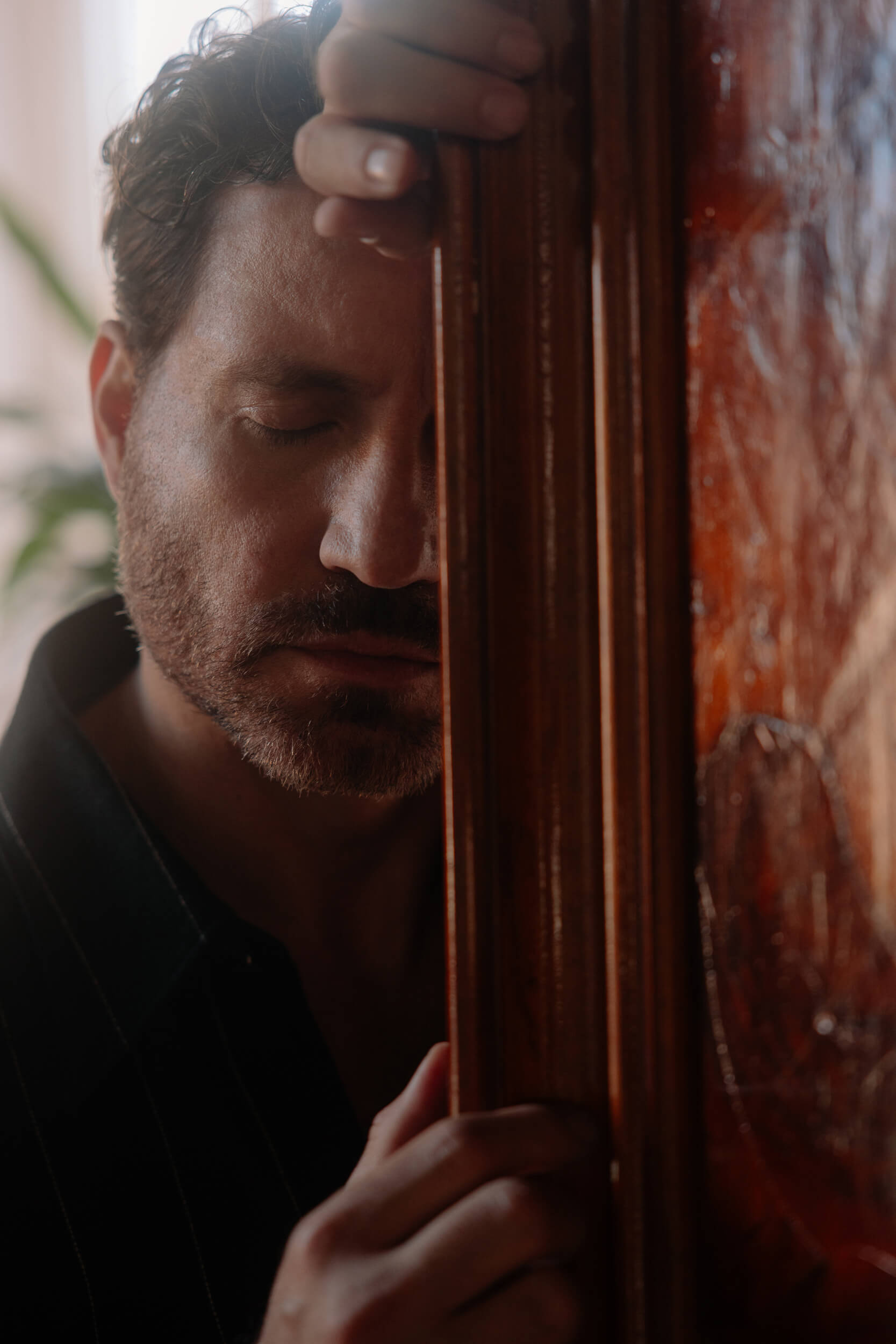
“to be here more fully than ever before“
IR: Yeah, it’s the same for me.
And what’s your greatest act of rebellion?
E: Right now, I think the challenge is simply to stay present, because everything around us is designed to pull us away. Technology, the speed of life, the constant noise. The key, I think, is to disconnect, to turn off the phone, to step away.
My small act of rebellion is deleting social media from my phone. I’m not strict about it, but I defend my right to connect and to disconnect. It’s important to protect our attention, because that feeling so many people have, that time is slipping away, is really just perception. Everything moves so fast; the news cycles, the updates, the endless scroll.
I guess I’m rebelling against anyone who tries to kidnap my attention. And that includes a lot of the monsters. I don’t want anyone stealing my focus or my peace.
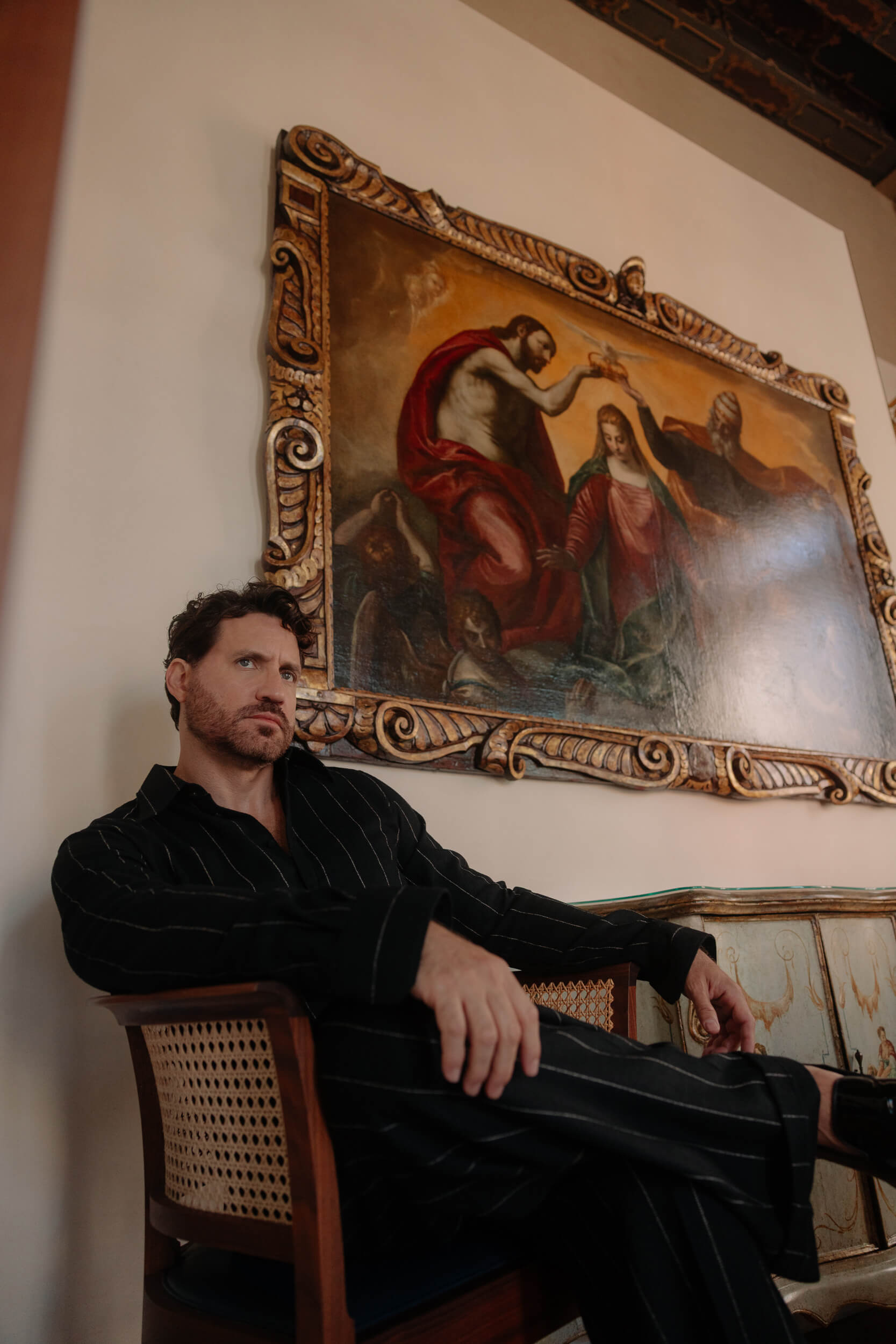
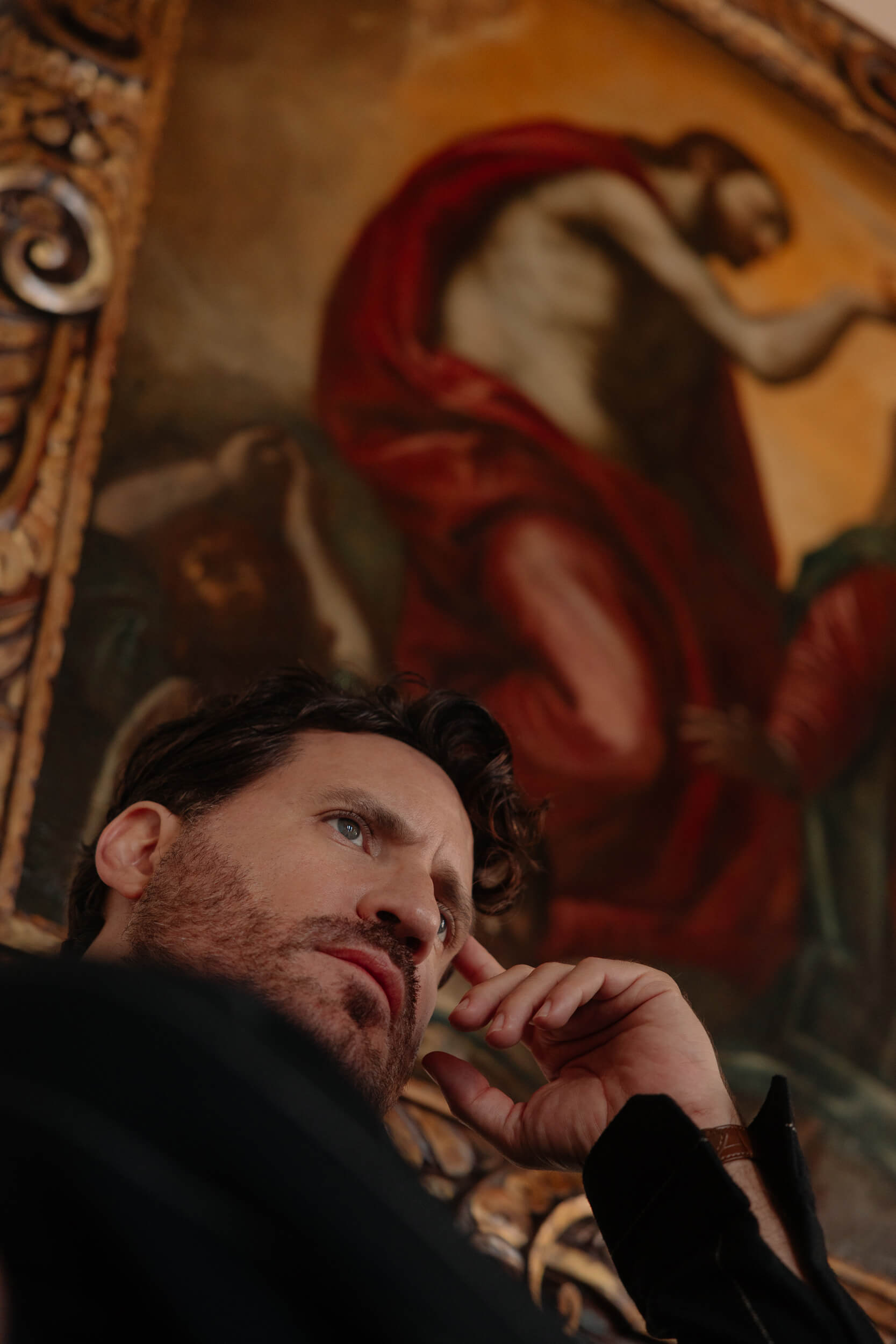
IR: Of course. On another note, Adelaida loves books, and you said you are a slow reader, but do you love reading? Is there like a book that for you is important in some way?
E: Jorge Luis Borges is one of those authors you can return to at different moments in your life and every time, he reveals something new. “The Aleph” is one of my favorite works of his. It’s both the title of a short story and of the book that contains it. It’s a collection of stories that, like the Aleph itself, seem to hold entire worlds within a single point. It’s about how memory and loss shape us and what happens when you’re suddenly able to see the whole world in a single moment. Fascinating. What about you, what are you reading now?
I’m reading “L’anniversario” by Andrea Bajani, winner of the Strega Prize. You know, I love to read, it’s my way to relax and, to go back to what you were saying before, to really disconnect and be present with my emotions.”
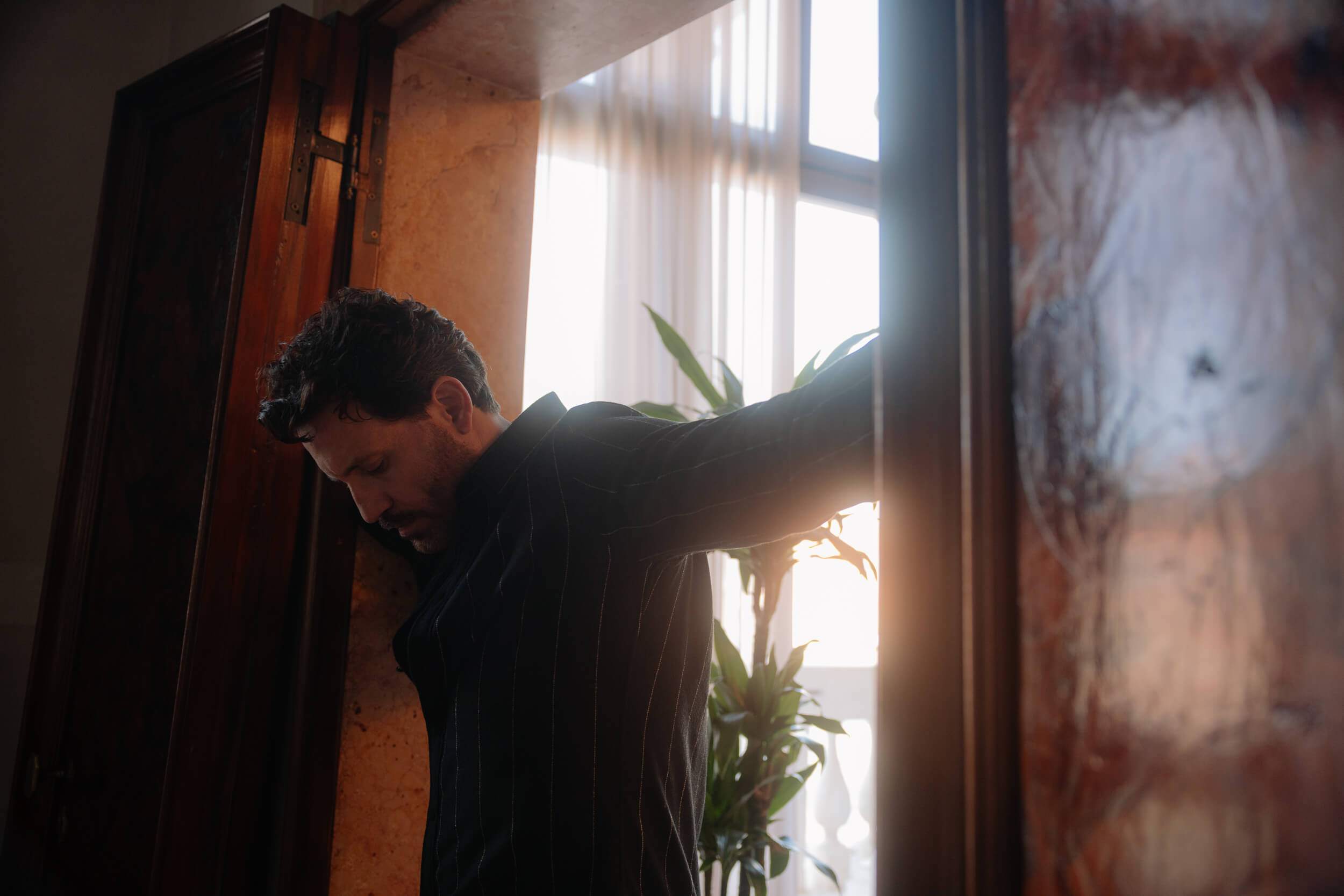
Photos & Video by Johnny Carrano.
Hair by Michele Savino.
Makeup by Eleonora Juglair.
Styling by Ilaria Di Gasparro.
Location: Palazzo Garzoni Almae collection, 4 luxury apartments along the Grand Canal.
Thanks to Armani Beauty.
LOOK 1
Total Look: Versace
Watch: Cartier (talent’s own)
LOOK 2
Suit: Brioni
Shoes: Santoni
LOOK 3
Suit: Dolce&Gabbana
Shoes: Brioni

